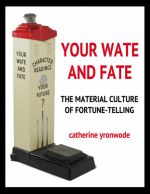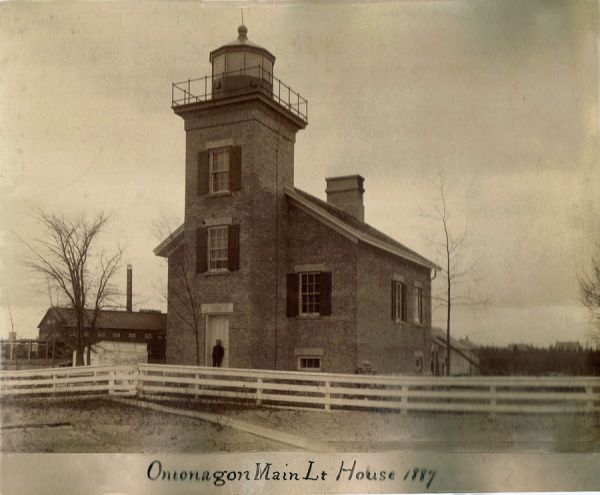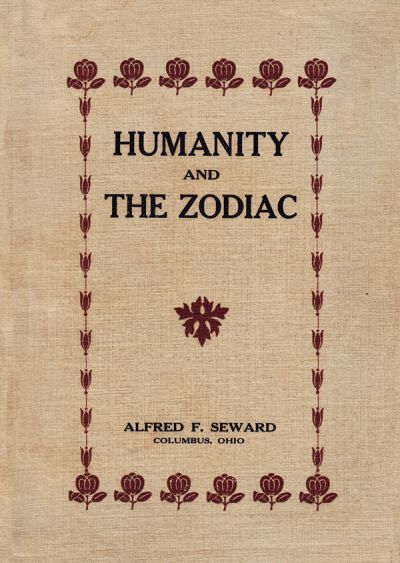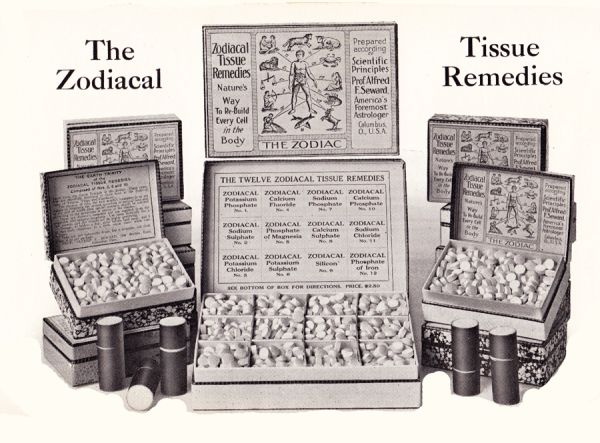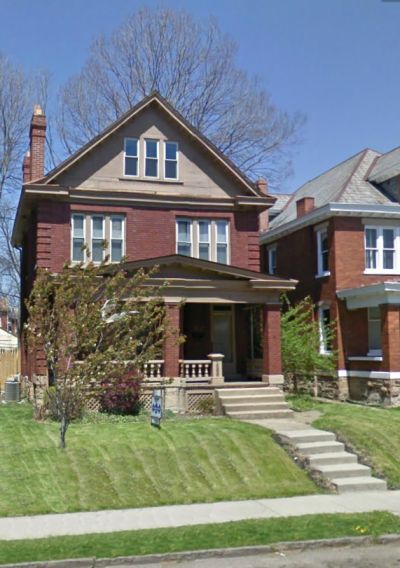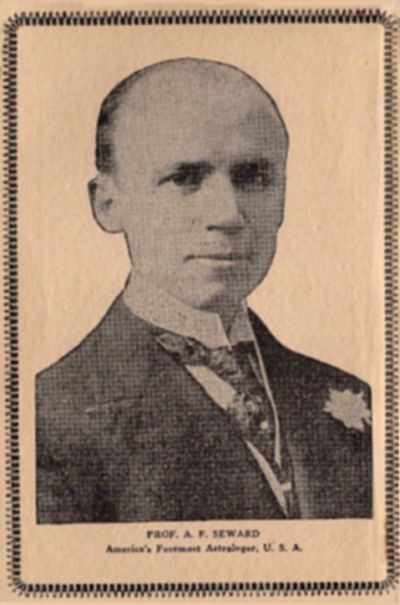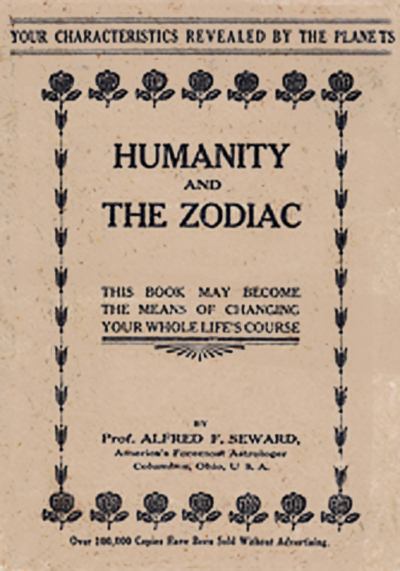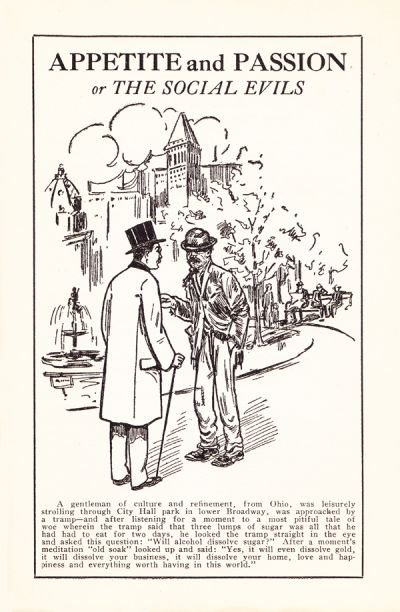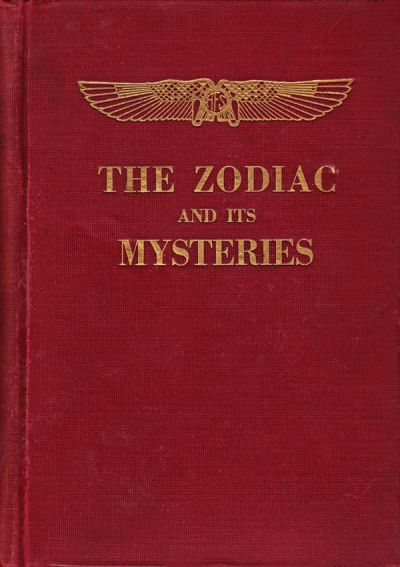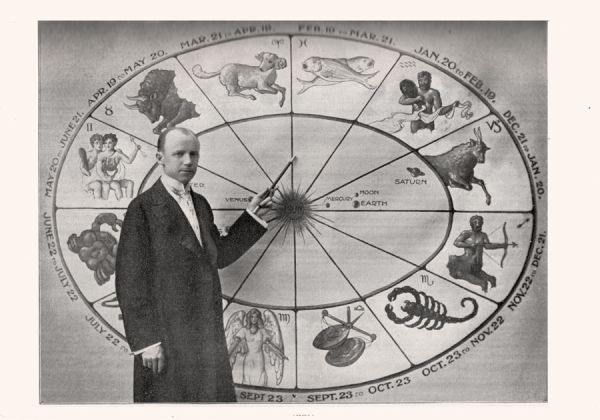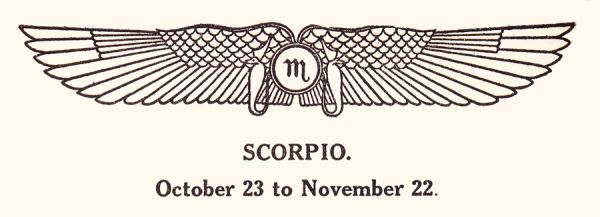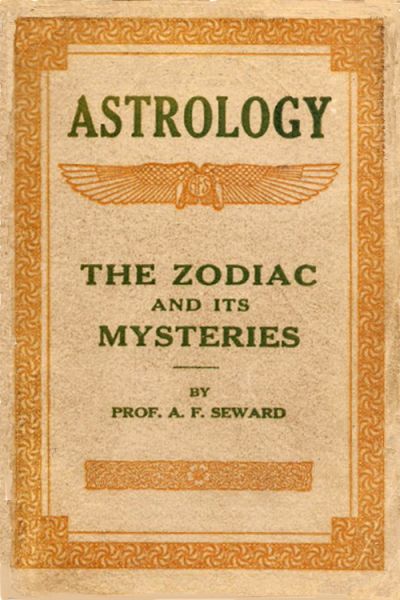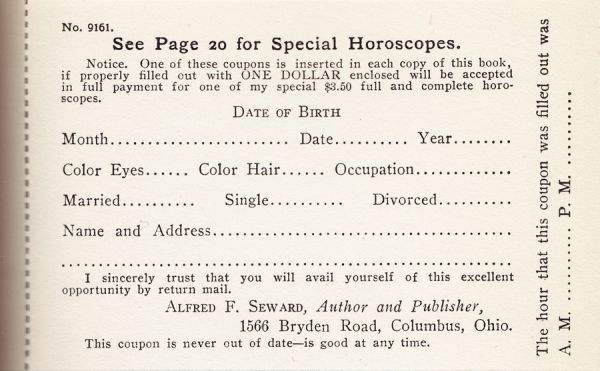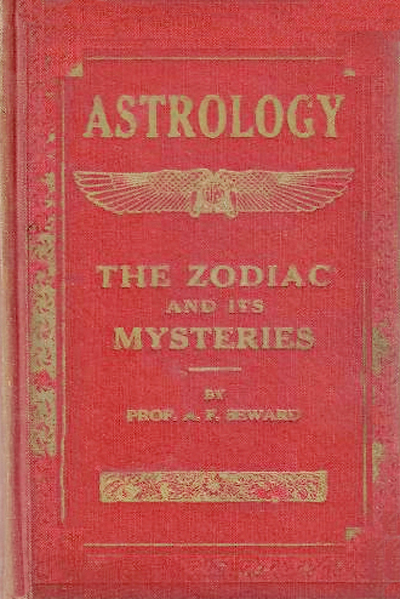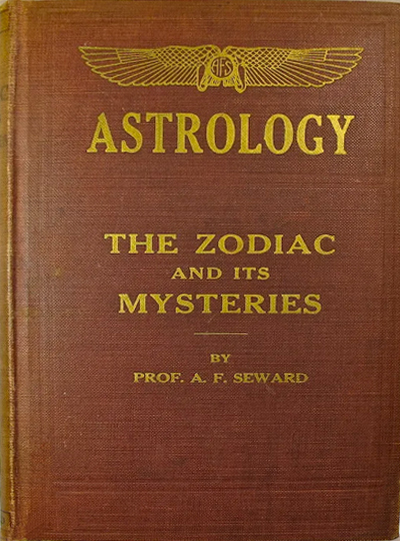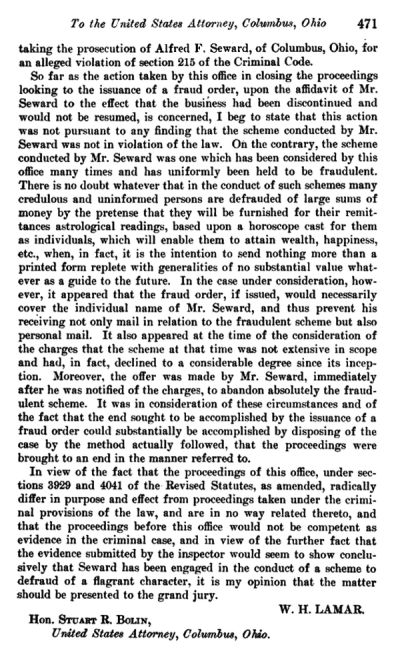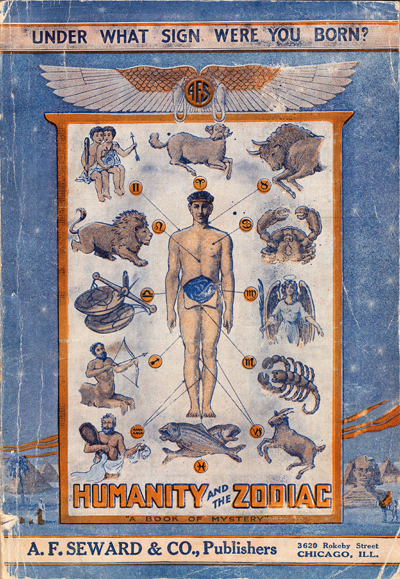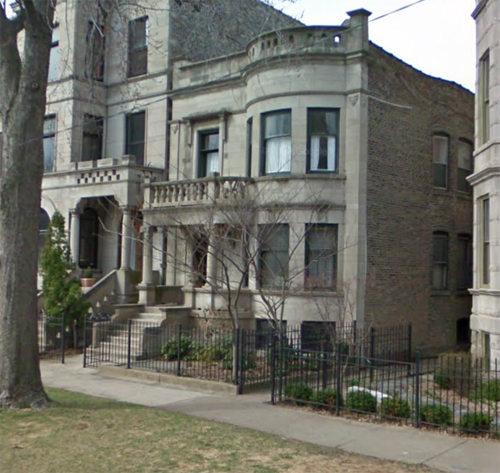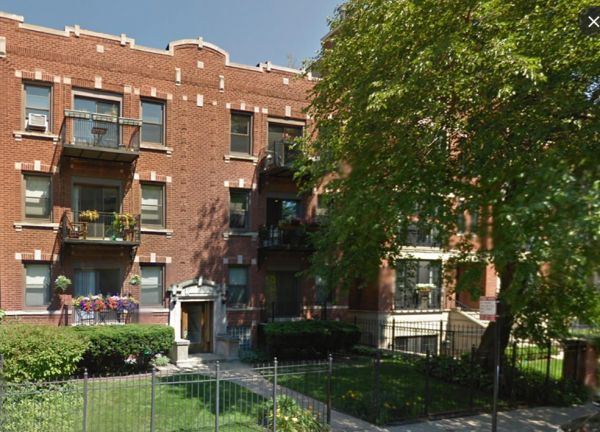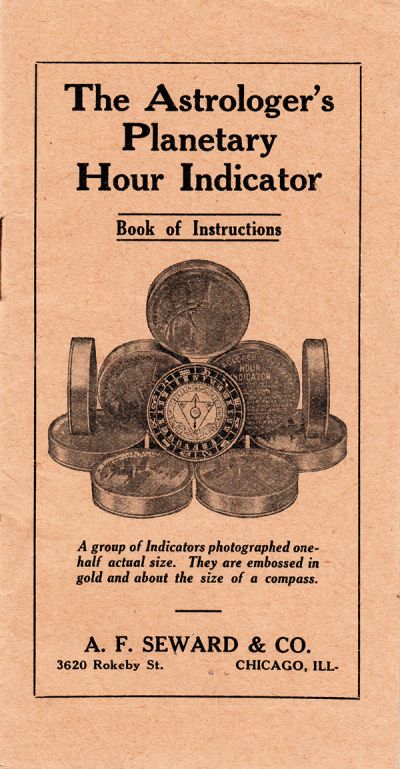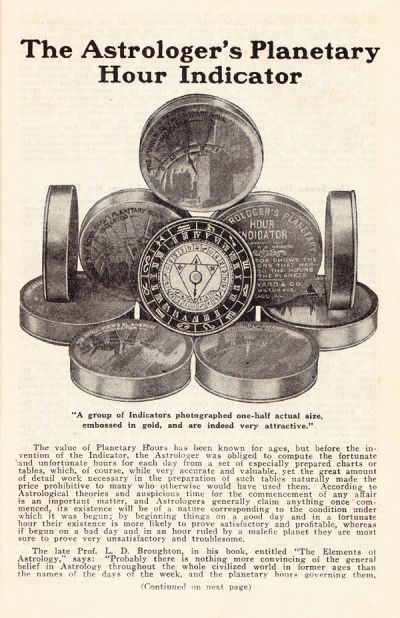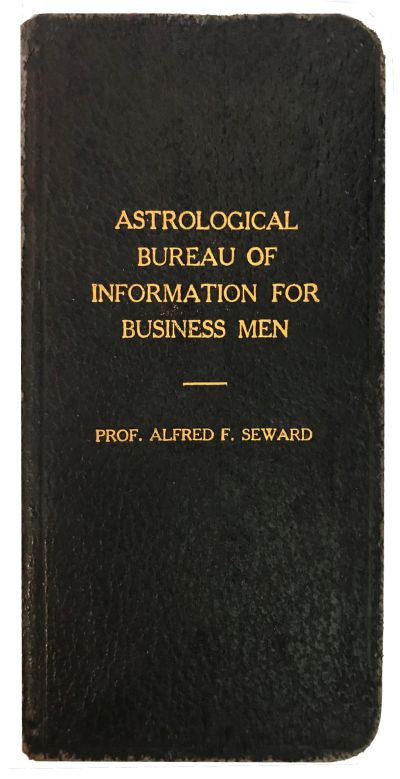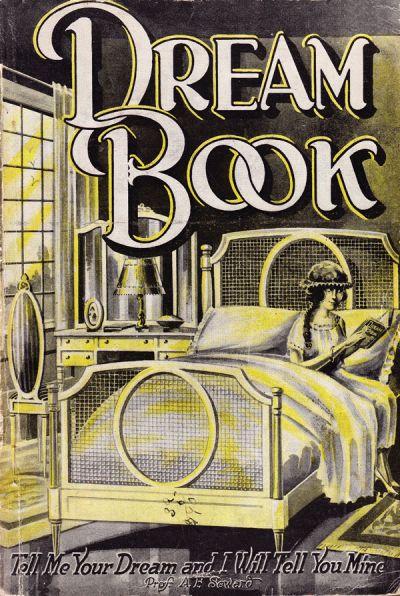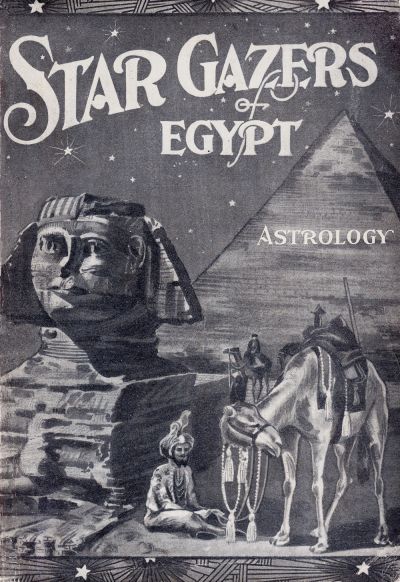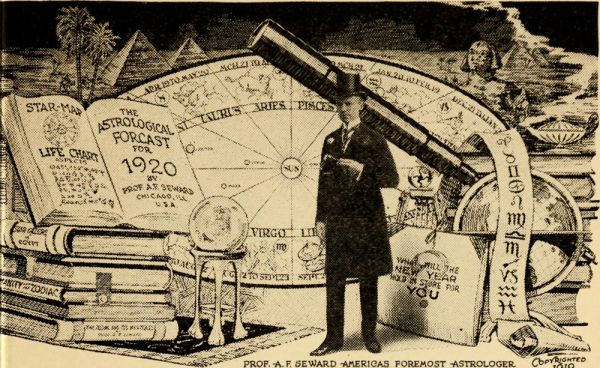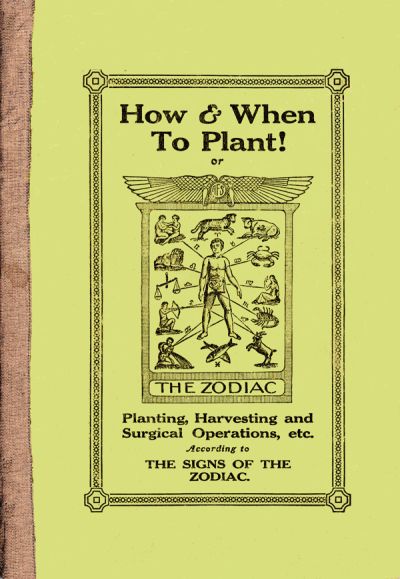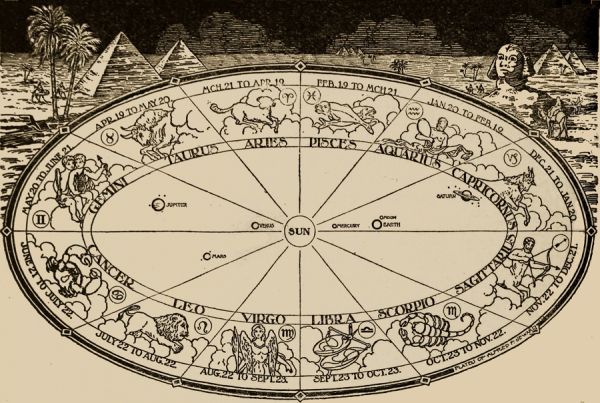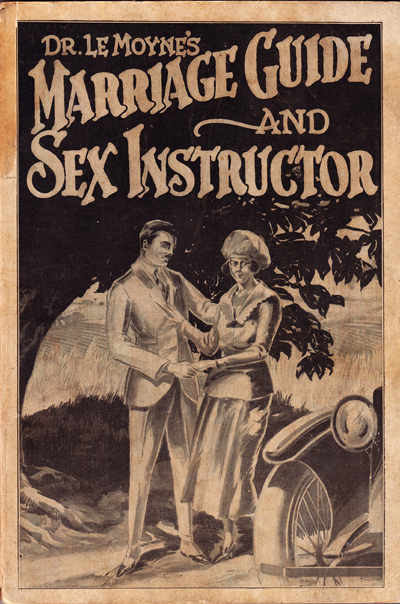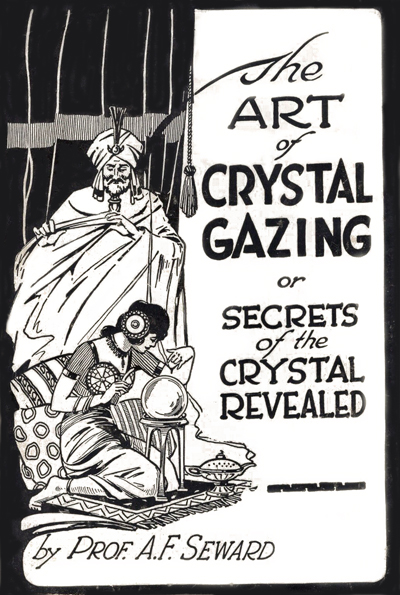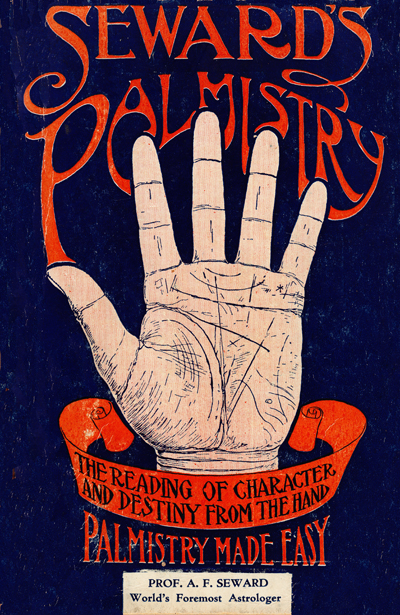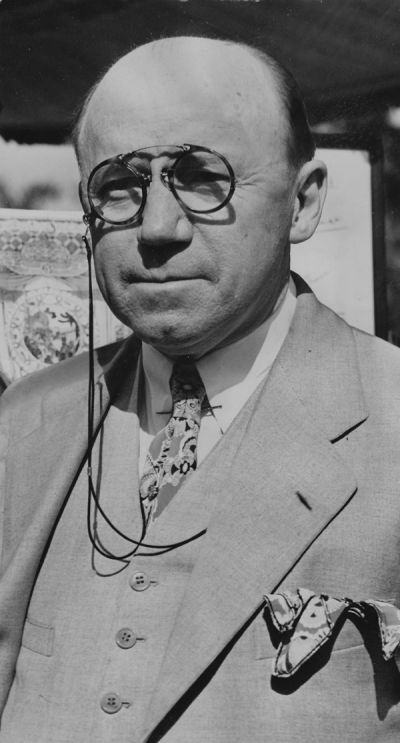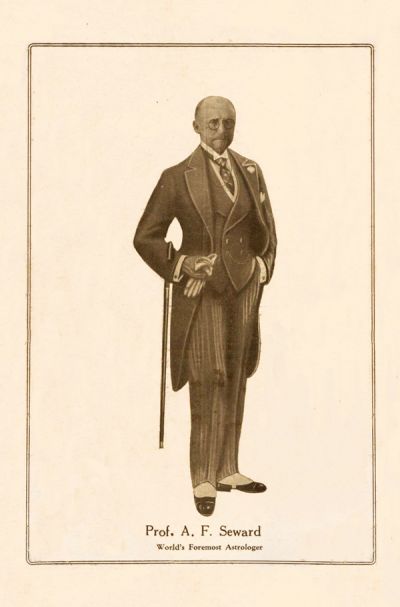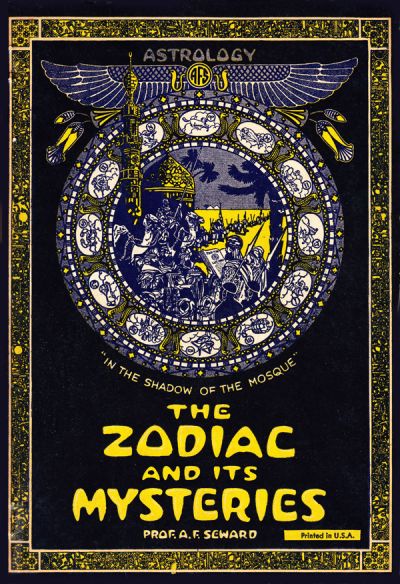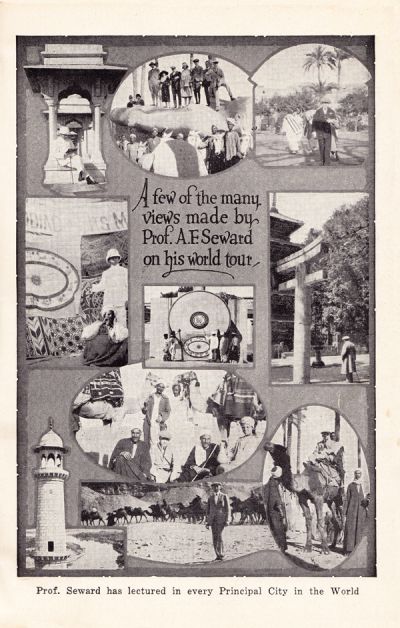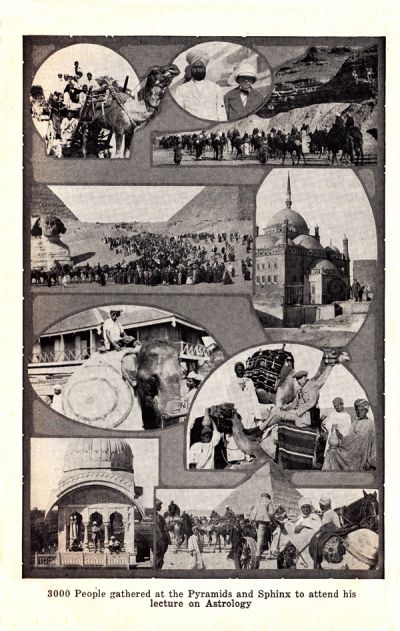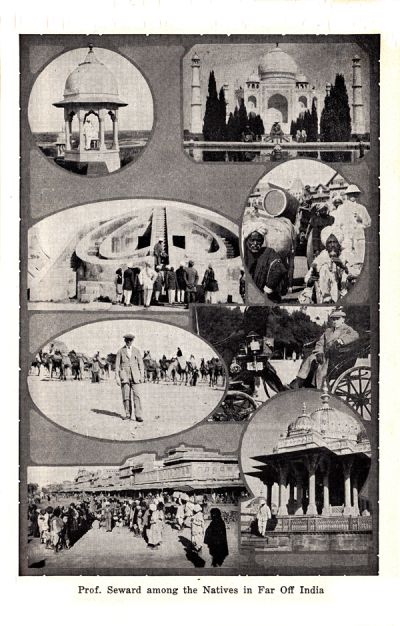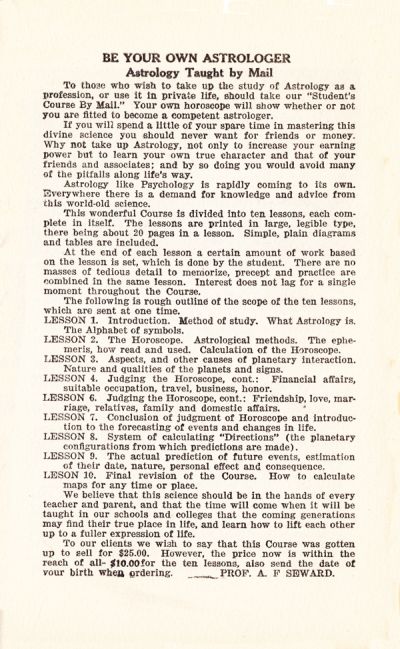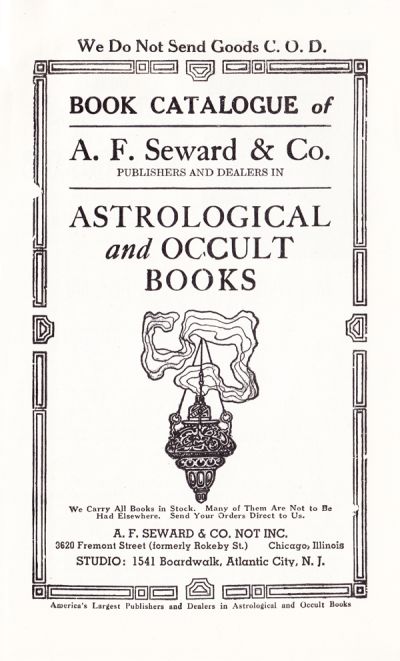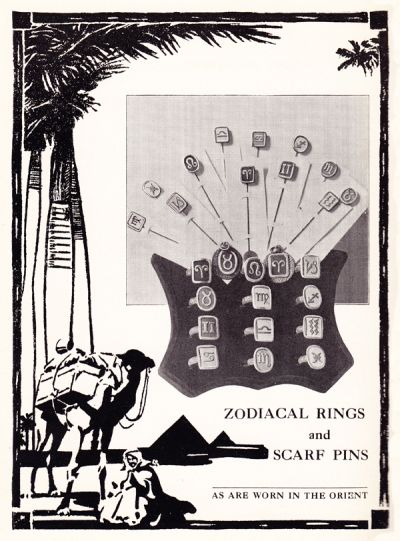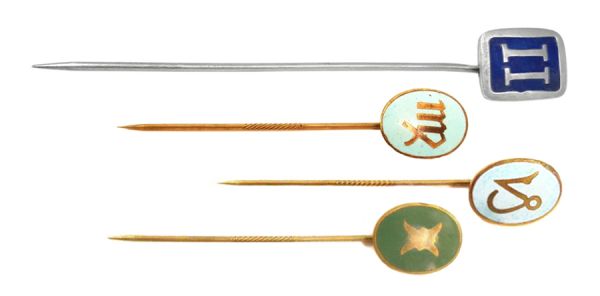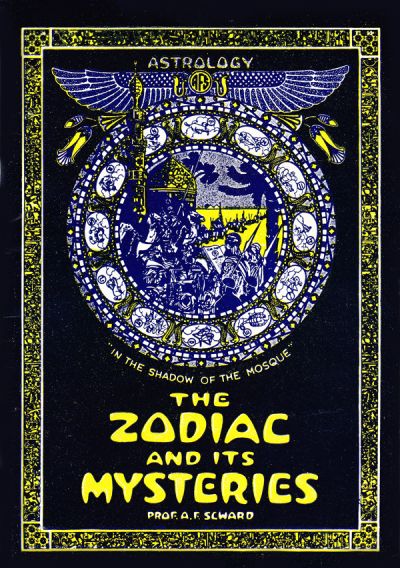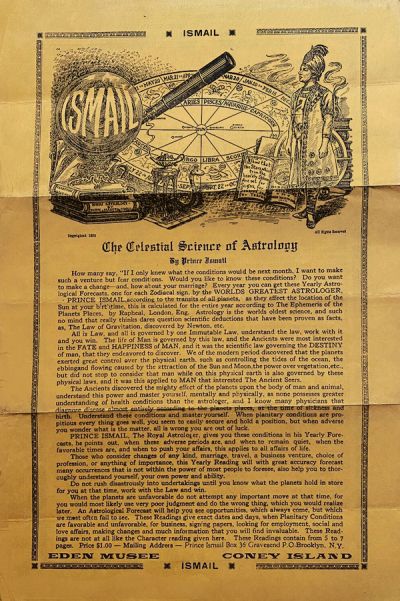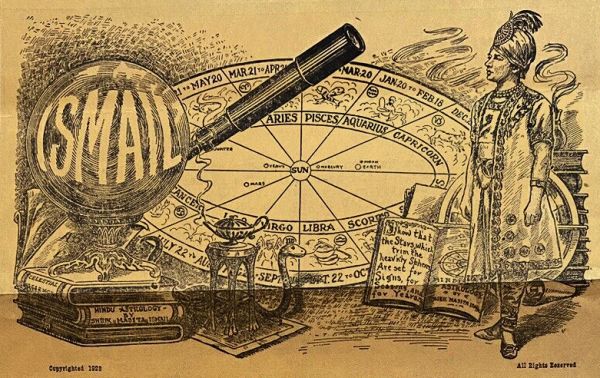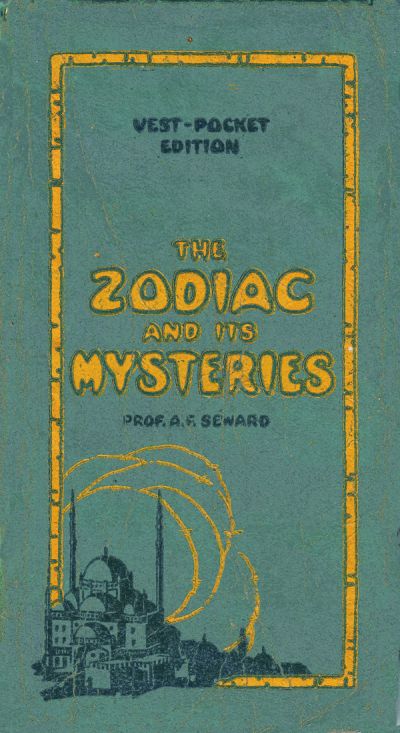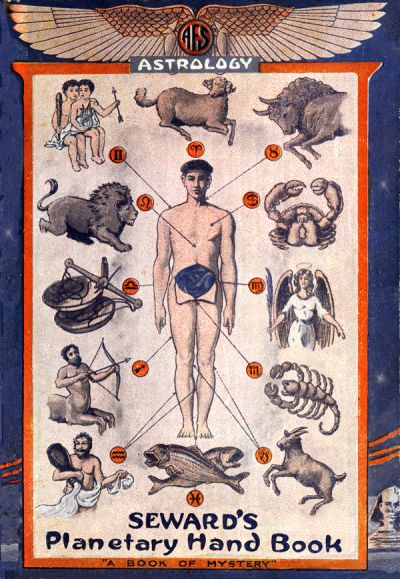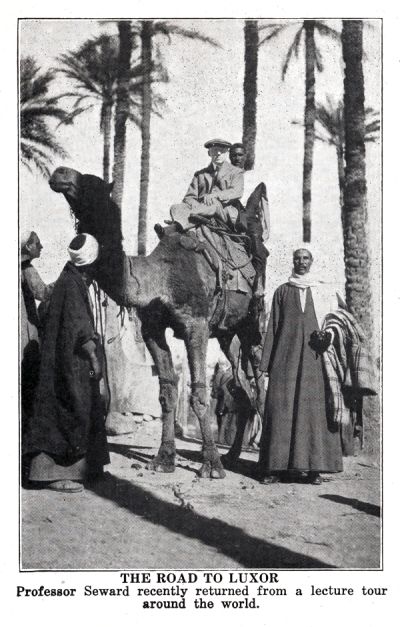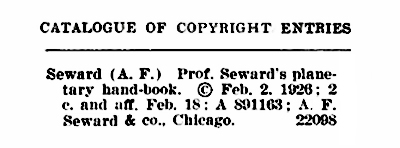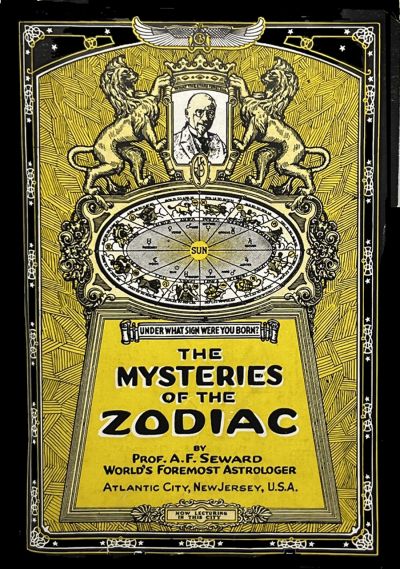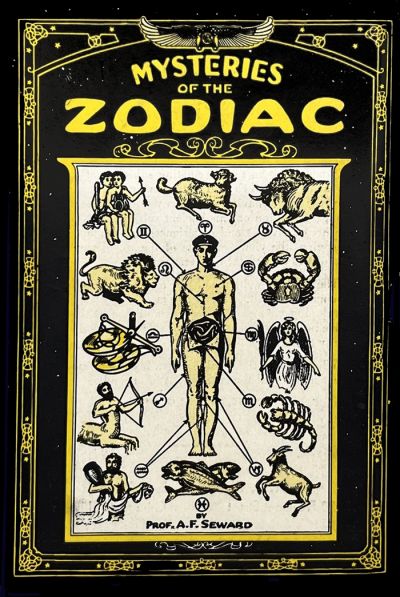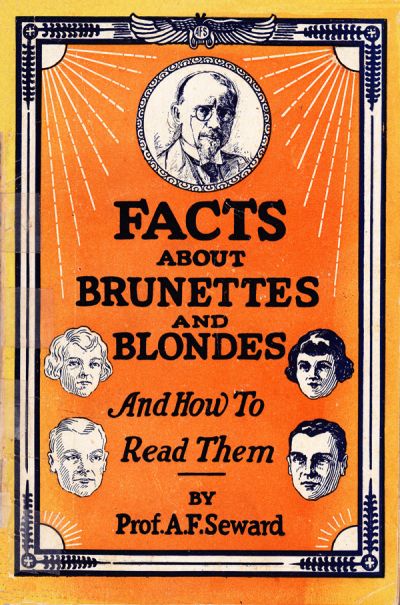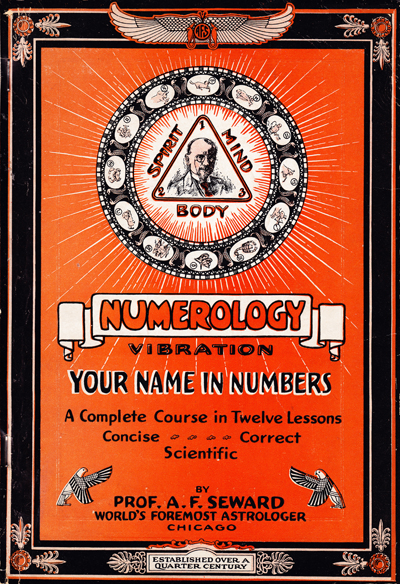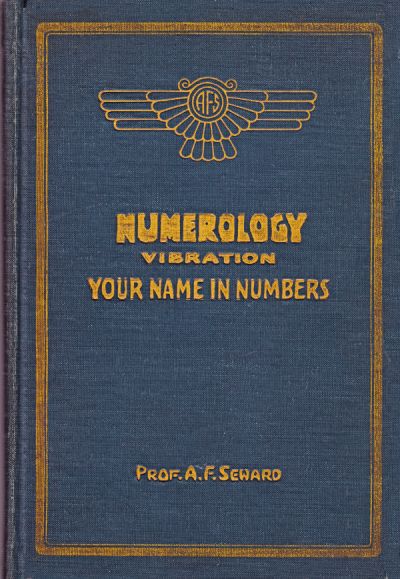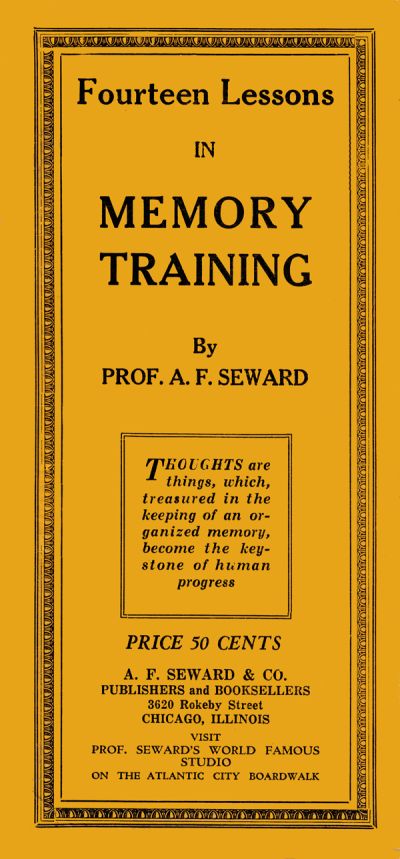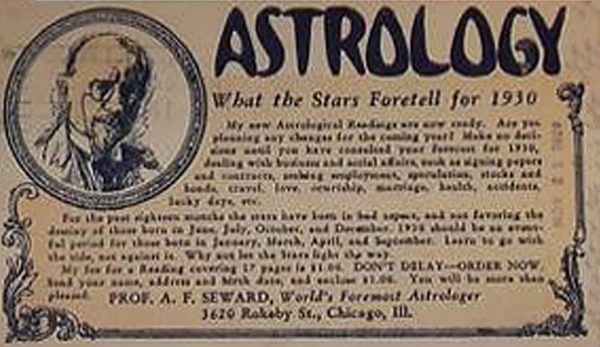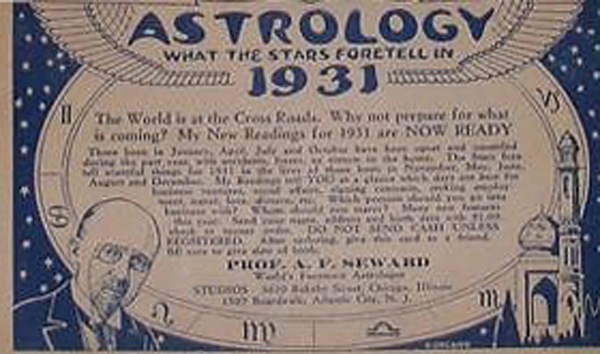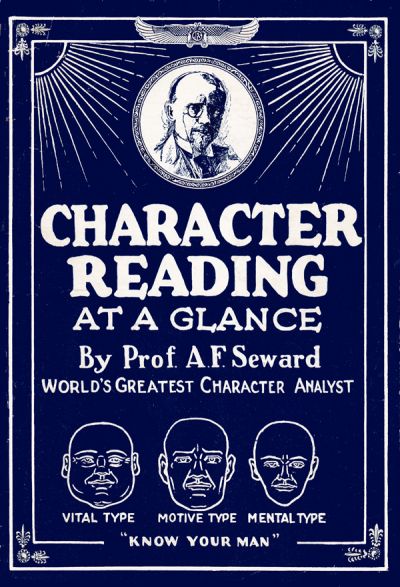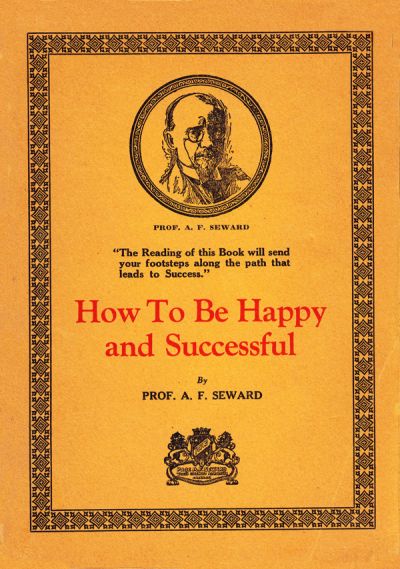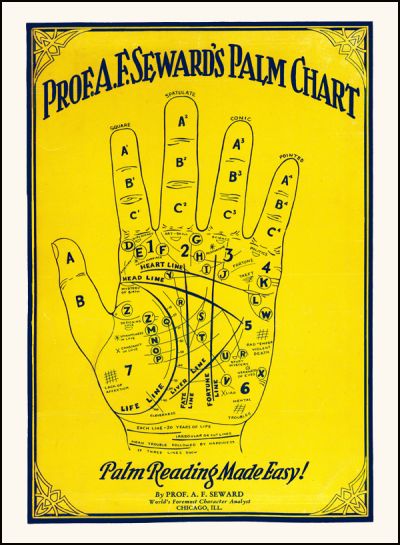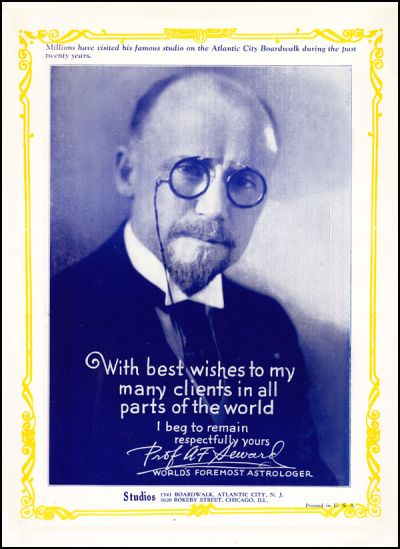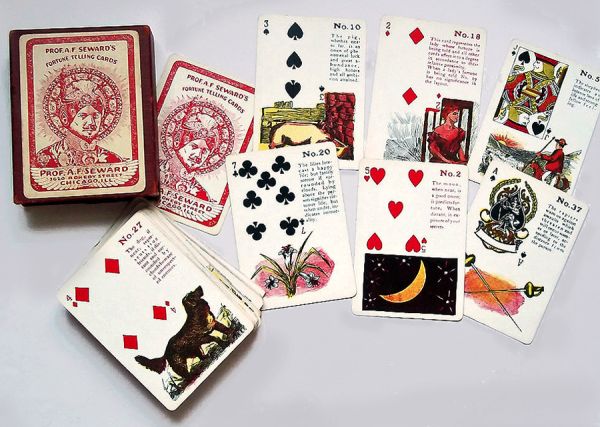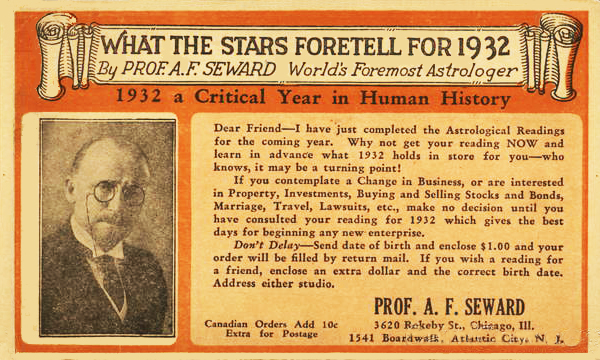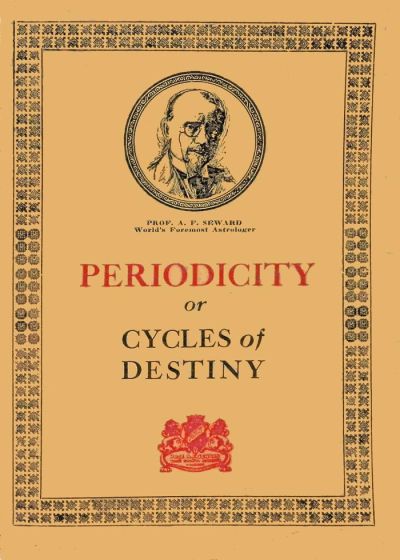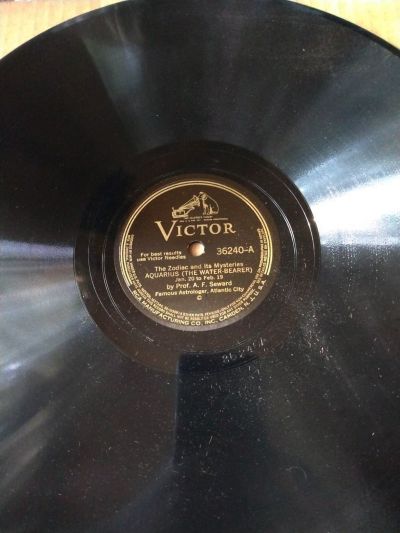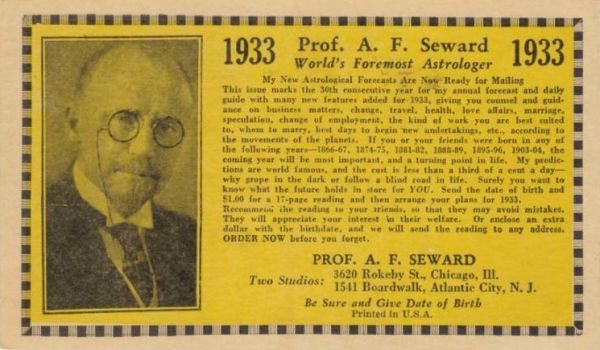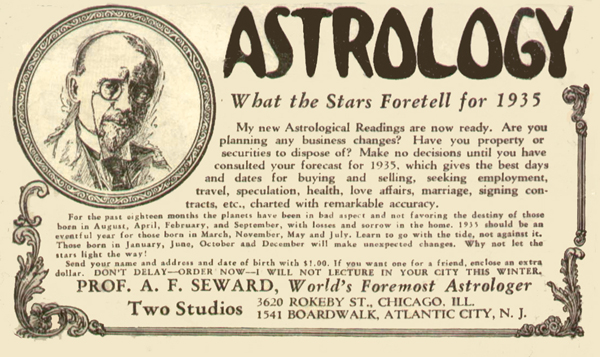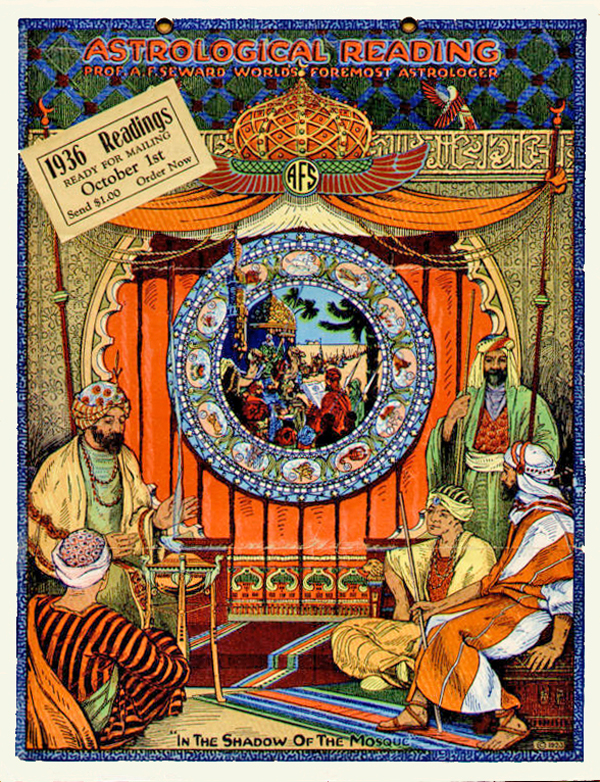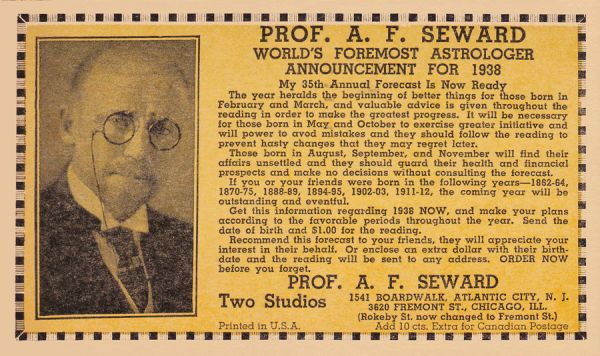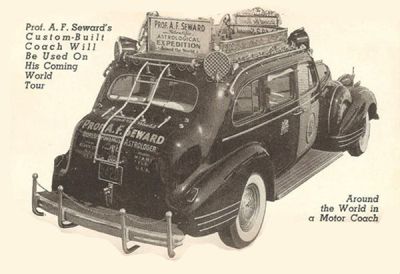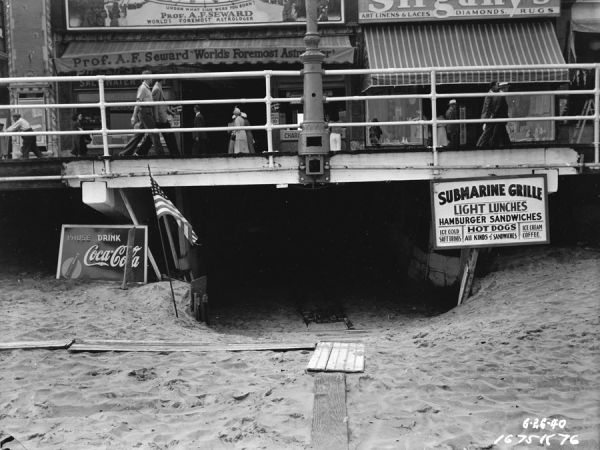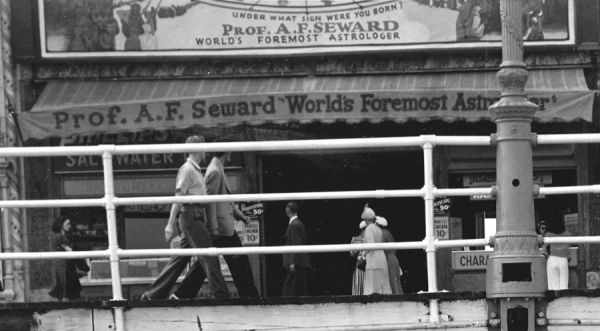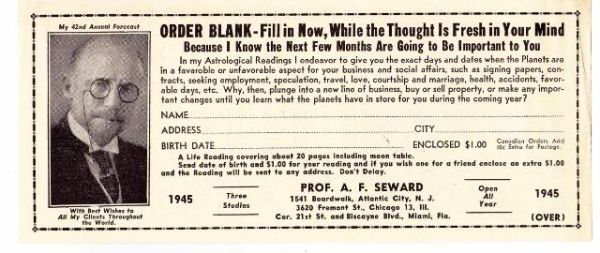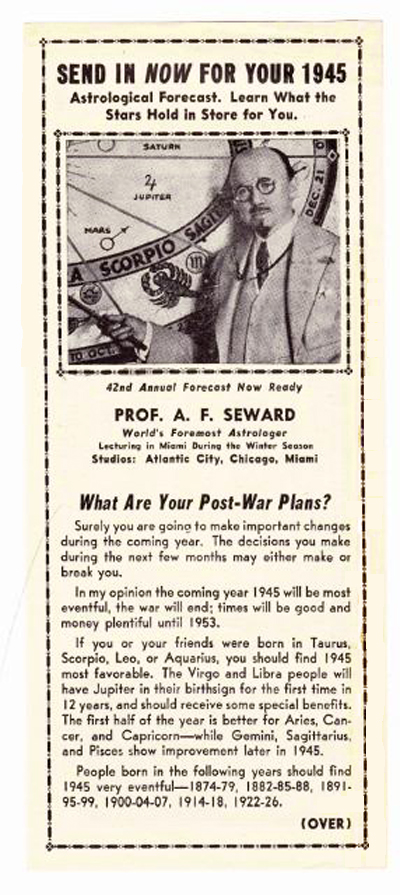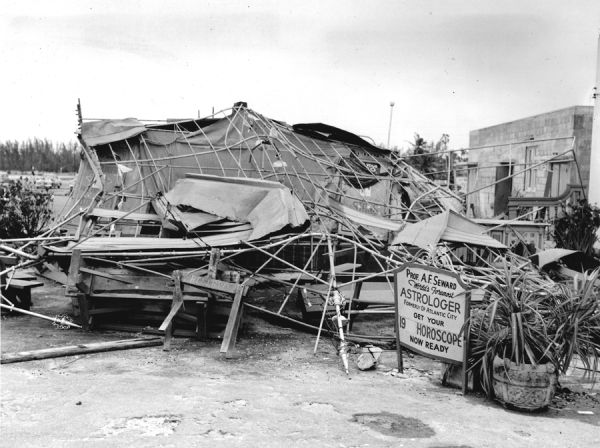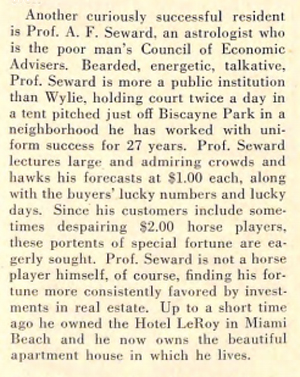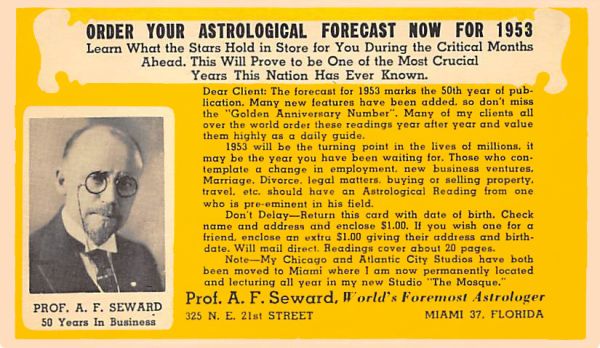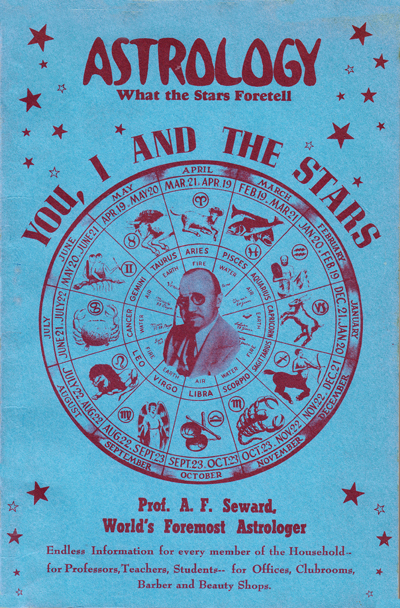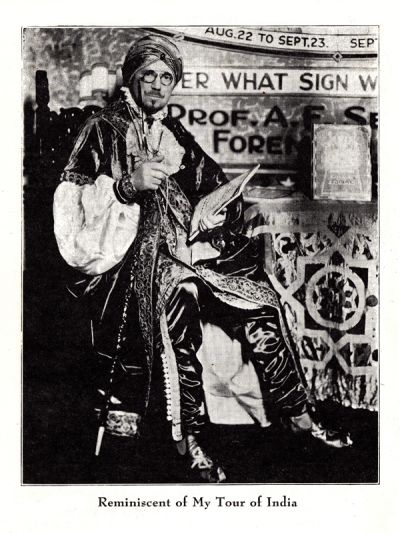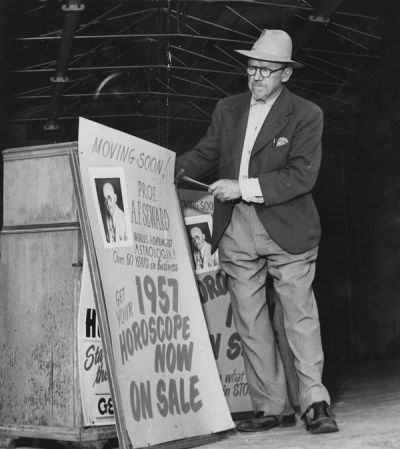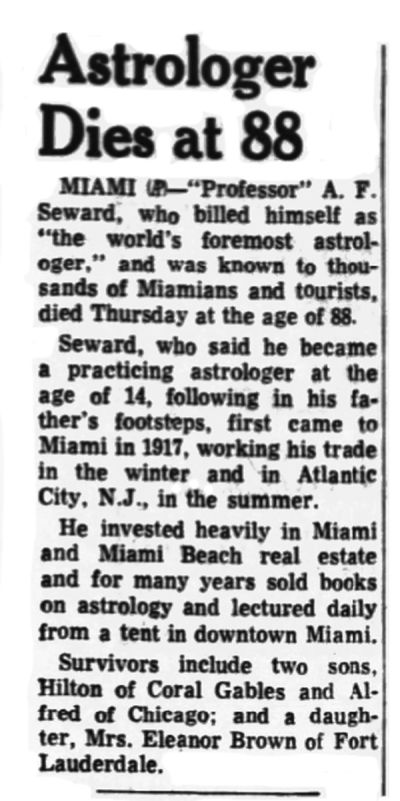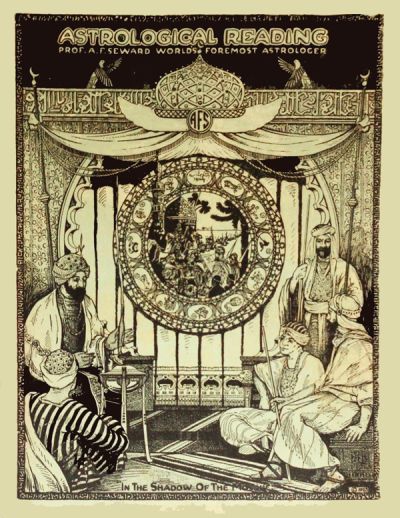Professor A. F. Seward
This installment of "Your Wate and Fate," was supported by the financial contributions of my Patrons, who received advance glimpses of the page as it was being produced:
- Patreon Release Date: April 28th, 2023
- Public Release Date: June 9th, 2023.
- Patreon Release Date: May 7th, 2023
- Public Release Date: June 9th, 2023.
- Patreon Release Date: May 14th, 2023
- Public Release Date: June 9th, 2023.
- Patreon Release Date: May 21st, 2023
- Public Release Date: June 9th, 2023.
- Patreon Release Date: May 28th, 2023
- Public Release Date: June 9th, 2023.
- Patreon Release Date: June 7th, 2023
- Public Release Date: June 9th, 2023.
Support Your Wate and Fate
Please tell your friends that they can subscribe to my Patreon stream for $2.00 per week:
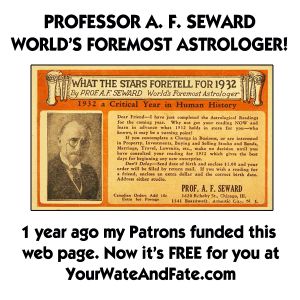
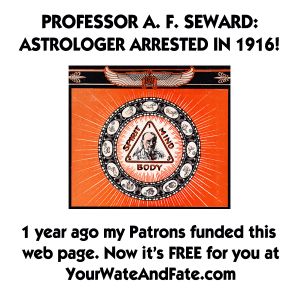
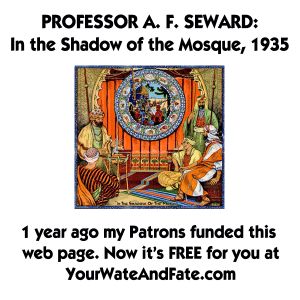

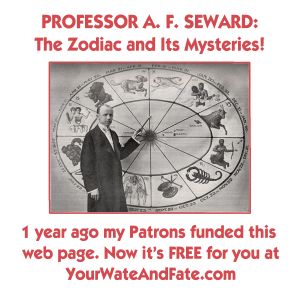

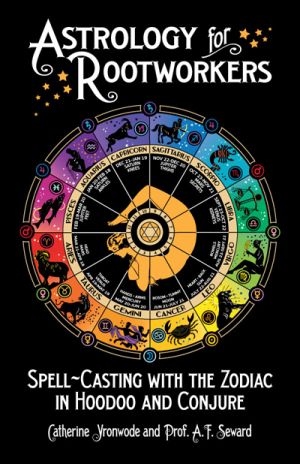
Professor A. F. Seward
A Biographical Bibliography by catherine yronwode
copyright 2004 - 2023 by catherine yronwode
His Name ... and Name Change
Prof. A. F. Seward was apparently born with the first name Albert, although he used the first name Alfred on all but a few government documents.
His middle name was Francis, according to publishing data in his own early books.
His first son, born in 1916, was named Alfred, and around that time he began to informally change his own first name to Alfred, the name he had been using as an author since 1909.
His 1918 World War I Draft Record gives his name as "Albert Alfred Francis Seward," but he signed his name on the draft card as "Albert Francis Seward."
In 1920, when he applied for a passport, he gave his name as Albert Seward.
I am convinced that he changed his first name from Albert to Alfred for numerological reasons.
Albert is a 4; Alfred is a 1. Francis is a 7, and Seward is a 7 as well.
Albert Francis Seward is a 9, while Alfred Francis Seward is a 6 -- and Prof. A. F. Seward is also a 6.
As Seward himself wrote, in his own book on numerology, "As a name-number, 6 promotes confidence ... and shows dependability. If this is your vibration, you will experience success ... You will be able to build up a reputation for honest-dealing, and you will gain through integrity."
He also wrote, "The author or the actor who adopts a pen-name or a stage-name has reasons for this. The pseudonym is indicative of the beginning of a new career. It is intended to broadcast a personalty that will be known to thousands of people, who will judge the writer by his portrayals, and the actor by his impersonations."
His Birth Year, Birth Place, and Parentage
Prof. A. F. Seward's birth place and year of birth have been even more obscured than his name, as has been the birth place of his father, William Seward and mother Ann (or Cora) Seward. This is all the family's doing, and it was likely intentional.
Seward gave his own place of birth at various times as London, England; Ontonagon, Michigan; and Springfield, Missouri.
On various documents, Seward declared that his father William was born in London, England; Liverpool, England; Ohio; Michigan; or Austria.
He also declared that hits mother's Ann's birthplace was Michigan or Austria and her name was given as Ann or Cora; his brother Arthur spelled her name Corra.
In the Federal Census of 1880, we find two-year-old Albert (Alfred) Seward with his family in Ontonagon, Michigan.
In 1900, the Federal Census caught the family in Springfield, Missouri.
In early editions of his first book, "Humanity and the Zodiac," published in 1909, Seward described himself as "Prof. Alfred F. Seward [...] who was born in 1876 in London, England, son of Wm. Seward, astrologer and astronomer." This is all untrue.
In the 1910 Federal Census he said that he had been born in Michigan and that both his father and his mother had been born in Austria. This is partially false.
In his 1918 World War I Draft Record he declared that he was "Native Born" but listed no city or state of birth.
In 1920, when he applied for a passport as Albert Seward, he said that he was born November 2, 1877 in Ontonagon, Michigan, son of William Seward, deceased, who was born in England, emigrated from Liverpool, England in 1850, and resided 38 years uninterruptedly in Colorado from 1850 to 1888. This is also a partial fabrication.
In the 1920 Federal Census, he said that his Father's Birthplace was Ohio and his Mother's Birthplace was Austria.
In the 1930 Federal Census, he said that his father had been born in Michigan.
If you were guessing where Prof. Seward was born and picked Ontonagon, Michigan, you win a prize, for that was his actual birthplace.
Ontonagon, nicknamed Harbor Town, was founded in 1843. It is located in the Upper Peninsula of Michigan at the mouth of the Ontonagon River, and is the county seat and the only village in Ontonagon County. The region has been known for copper mining, logging, and paper mills, but its remote location has kept it from becoming a large population center. Perhaps the best-known attraction in the town is the Ontanogan Light House, now a historical museum.
There is a Seward Avenue in Ontonagon County, a heavily wooded rural road one block in from the south shore of Lake Superior. It may possibly have been the road leading to the family's home in the 1870s, but no one with the surname Seward lives in the county at this time.
So, Who Was He?
At the Social Security Death Index (SSDI) for 1965, he is listed as Albert Seward, with a birth date of November 2, 1877:
ALBERT SEWARD
02 Nov 1877 - Nov 1965 (Florida)
263-18-7662 Florida
Although he did state in one book that he was born in 1876, i will use the birth year on all of his official documents -- 1877 -- in calculating his age throughout this bio-bibliography. And i will assume that he was born in Ontonagon, Michigan, as he stated on his passport application in 1920, because he shows up there as a 2 year old boy in 1880.
He was a Scorpio, through and through, a "Man of Mystery" as he called himself, and one who took pleasure in confounding governmental record-keepers.
Marriages and Children
Complete marriage records for Professor A. F. Seward have not been located, but some information can be read between the lines when looking at the United States Federal Census records and the birth certificates and marriages of his children.
In The Federal census of 1910 he was recorded as married to Jean Seward, with two children in the home, Helen Seward and Kelton R. Seward.
Kelton Seward was born 05 December 1908, received Social Security number 114-05-6502 (indicating New York) and, according to the Death Master File, died March 1976. Kelton's name sometimes is transcribed as Hilton Seward in government documents.
There are many people named Helen Seward, but the most likely child of Alfred and Jean Seward is Helen Seward, born 16 July 1905, who received Social Security number 128-18-0546 (indicating New York) and, according to the Death Master File, died December 1977
Sometime around 1915, when Albert / Alfred left Columbus, Ohio, he married Emma Howells, and in 1916 he and Emma Howells Seward had a son, Alfred Seward Jr. (But not *really* Jr., because Alfred Senior's name was actually Albert.)
Alfred Seward (the son) was born 20 July 1916, received Social Security number 265-09-3566 (indicating Florida) and, according to the Death Master File, died May 1987.
In his 1918 World War I Draft Record Albert Seward declared that he was "Native Born" but listed no city or state of birth. He lived at 3741 Wilton Ave, in Chicago with his wife Emma and was a "Publisher."
In the 1920 Federal Census, Seward claimed to have been born in Michigan. He was a writer of books, on his "own account" (that is, self employed). His wife's name was given as Emmie Seward, their son was Alfred Seward, age 33, was in the home. Also in the household was Gertrude Williams, age 23, a cousin.
By 1935 Albert / Alfred had no wife in the home, although Margaret Lipperd, listed as his "colored maid" in the Florida State Census, was also listed as his spouse at the same time.
At the time he testified in an anti-fortune-telling case in Florida in 1964, at the age of 87, he was married again. How long he had been married was not stated, but his wife at that time was listed at Mary Seward. See 1964, below, for confirmation. The SSDI lists 100 women with the name Mary Seward.
Writer, Artist, Letterer
For those unfamiliar with Prof. Seward, i must begin by explaining that he was not only a famous and prolific occult writer, the graphic designs in his books were all drawn by Seward himself. I have found no record of his having received formal art training, but he was an excellent pen and ink illustrator and sho-card letterer, and also quite professional in grey-tone wash and colour illustrations.
To my knowledge he never hired an illustrator, but produced all of the art for his own book covers, advertising pieces, and interior designs. Every cover drawing, every interior illustration in every book he wrote, and every bit of lettering and scrollwork on his advertising postcards was created by him.
Career, Year by Year
Professor A. F. Seward's career as an accomplished author, lecturer, artist, and publisher can be tracked by his self-described occupations and by his publications.
1880
The Seward Family in Ontonagon, Michigan
In the Federal Census of 1880, we find the Seward family in Ontonagon, Michigan. The father, William, was absent from the home, so the family consisted of the mother, Ann, and three sons -- George, age 12 (born circa 1868), Arthur, age 4 (born April 27, 1886), and Albert (not yet name-changed to Alfred)), age 2 (born in 1877).
Ann Seward listed her own birthplace as Austria and that of all three children as Michigan, and said that both her own mother and father had been born in Austria.
The absence of William Seward might be explained by Prof. Seward's declaration on his passport application of 1920, where he noted that his father had resided for 38 years in Colorado, from 1850 to 1888. The only trouble with that story is that Alfred's mother gave birth at least four times in Michigan. (A fourth child, Alice, was born there in 1884.)
1890
The Lost Federal Census
The 1890 Federal Census was destroyed in a fire at the U.S. Department of Commerce in January 1921; no copies exist anywhere.
In addition, according to researcher Faith Elliott, a fire in the Ontonagon, Michigan courthouse in 1896 destroyed earlier records of this town as well.
1900
Candy Maker and Confectioner in Springfield, Missouri
According to the 1900 Federal Census, Arthur Seward, a 24 year old single Candy Maker who had been born in Michigan in April 1876, was living in Springfield, Missouri with his brother, Albert F. Seward, age 32, a Confectioner. The latter age must be an error, because Albert was actually 22.
In any case, with them was their mother -- but now, instead of Ann Seward, her name is Cora Seward, age 52, born in May, 1848. With Cora were her two sons, Arthur and Albert, and a younger daughter, Alice. Cora said that she had given birth to 7 children, but only 3 were still living. William, the children's father, was deceased, Cora was a widow, and she said that both her parents were born in Austria and she said she had been born in Austria.
Albert, on the other hand, declared that the birthplace of both of his parents was Michigan.
1901
1901-1908 Confectioner in the Family's Candy Company
In 1901 Seward was living in Springfield, Missouri, and was engaged with his brother Arthur in the Seward Confectionery Company. It was only in 1910 that he changed his occupation from "confectioner" to "author" or "author and publisher." Proof of his earlier occupation is found in a newspaper article from the Springfield (Missouri) News-Leader, dated 1924, when he revisited his old home town to lecture on astrology, and mention was made of his former occupation with his brother.
Here is proof of the existence of the Seward Confectionery Company, located on the north side of Springfield in 1901:
Springfield Leader and Press
Springfield, Missouri
21 Sep 1901, Sat - Page 1
A FAKE STORY
The article, on page 1, is titled "A FAKE STORY" and concerns "The Railroad Pay Day: Wild Story That the Merchants Had Asked That the Day Be Changed."
Apparently, some competitors tried to foment boycotts against the merchants on the north side of Springfield by falsely claiming, and publishing false stories, to the effect that the merchants had held a meeting at which they drafted a petition to the owners of the Frisco Railroad, asking the railroad to put off the regular pay day of railroad workers from Saturday to Monday. This story was identified as "fake journalism" in the Springfield Leader and Press, which concluded that "there was not the slightest foundation for this malicious prevarication." The paper also ran a "remonstrance" from the merchants who had been falsely accused of getting up the spurious petition. Their rebuttal, read in part: "In reply to the article published in last night's Record and the Morning Republican [...] and the report that a meeting had been held and a protest sent to the management of the Frisco railroad regarding a Saturday pay day, we, the north side merchants, brand the same as absolutely false. No meeting has been held and no petition sent to the railroad officials. The first intimation of such a thing came to us through the above columns." According to the Leader and Press, "all the merchants and business men on Commercial Street," got together and paid for the printing of a circular denouncing the false story, which they distributed throughout the city. The text of the circular was included in the Leader and Press, which showed it to have been signed by the corporate and individual names of 56 merchants, among them the "Seward Confectionery Company."
According to the 1924 article on Seward's return visit to the city of Springfield, he left the city "in 1907 to take up the study of astrology," but that is not entirely true, because he was listed in the Columbus, Ohio City Directory as the "manager" of the candy company, and as a "confectioner" from 1906 through 1909. He may have been studying astrology at that time, but he actually left Springfield no later than 1906, and he did not enter into full-time occupation as an astrologer until 1910.
Arthur Seward, Alfred's brother, apparently left Springfield and relocated to Wisconsin, for in the 1920 Federal Census, he is listed as Arthur W. Seward, age 43, born circa 1877 (actually 1876), with the occupation of Candy Maker, single, living in a small hotel run by Chas Foster. Arthur, almost as wiley as Alfred, gave yet another version of the story of the birth of their father. He said that he was born "at Sea" on a ship bound for the USA. He gave his mother's birthplace as Wisconsin.
Note: I do not think that the Seward Confectionery Company of Springfield, Missouri; Columbus, Ohio; and Chicago, Illinois was related to the F. D. Seward Confectionery Company of Saint Louis, Missouri. The latter was started by Francis Dwight Seward, born in Rosamond, Illinois, November 17th, 1859. In 1882 F. D. Seward became a partner in Dodge and Seward, manufacturing confectioners, in Saint Louis. By 1892, the company was renamed F. D. Seward Confectionary Co. and Seward had became the Secretary of National Confectioners Association. The F. D. Seward Confectionary Co. was later incorporated into the National Candy Co.
1906
Candy Company Manager: Columbus, Ohio, City Directory
Columbus, Ohio, City Directory, 1906
Name: Alfred F Seward
Residence Year: 1906
Street Address: h[ouse] 69 S 17th [a small back apartment in a brick multi-unit house]
Residence Place: Columbus, Ohio
Occupation: Mngr [manager] -- of the family's candy company
1907
Confectioner: Columbus, Ohio, City Directory
Columbus, Ohio, City Directory, 1907
Name: Alfred F Seward
Residence Year: 1907
Street Address: 69 Douglass [rental units in an old apartment house, one block from his previous residence]
Residence Place: Columbus, Ohio
Occupation: Confr [confectioner]
1908
Confectioner: Columbus, Ohio, City Directory
Columbus, Ohio, City Directory, 1908
Name: Alfred F Seward
Residence Year: 1908
Street Address: [work] 114 Parsons Ave [now a head shop], h[ouse] 34 N Garfield Ave [now a parking lot]
Residence Place: Columbus, Ohio
Occupation: Confr [confectioner]
1909
Confectioner: Columbus, Ohio, City Directory
Columbus, Ohio, City Directory, 1909
Name: Alfred F Seward
Residence Year: 1909
Street Address: [offices] 114 Parsons Ave and 1256 Oak [now a parking lot], h[ouse] 127 Sherman Ave [rebuilt in a neighbourhood of old 2-story wood-frame houses.]
Residence Place: Columbus, Ohio
Occupation: Confr [confectioner]
Humanity and the Zodiac
Humanity and the Zodiac: A Study of Planetary Influences Upon the Physical, Mental and Moral Nature of Mankind
by An Eminent Astrologer [title page] / by Alfred F. Seward [cover wraps]
1909, paperback,
120 pages (first printing);
Alfred F. Seward and Co., 1566 Bryden Road, Columbus, Ohio
This is the book that started it all for Prof. Seward. Using the pseudonym "An Eminent Astrologer" on the first printing, he did not credit himself as the author, only as the publisher of the work. The plain cover also did not showcase his wonderful artwork, being a simple job of typesetting.
Early editions of the book also contain a copyright notice on Seward's behalf signed by T. J. Abernathy, attorney-at-Law, 1101-1103-1105 Brunson Building, Columbus, Ohio.
"Humanity and the Zodiac" is unusual for a popular book on astrology is that it does not teach about the signs in zodiacal order, either from Aries to Pisces as most authors do, or from January to December, as the writers of popular culture interpretations do. Instead, in this book, Seward groups the signs by triplicities -- Fire (Aries, Leo, Sagittarius), Air (Gemini, Libra, Aquarius), Earth (Taurus, Virgo, Capricorn), and Water (Cancer, Scorpio, Pisces). Note that within these groupings the signs neither follow the modalities (Cardinal, Fixed, Mutable) nor are they arranged so that the first sign in each group follows the previous one (Aries-Taurus-Gemini-Cancer). I take this slightly chaotic arrangement to be a mark of Seward's newbie status as an astrologer; he certainly never used this format again.
The first edition carries a section on Cusps from pages 102 to 114, followed by an ad for horoscopes and a list of Noted Personages by sign.
With the edition of 1916, shown below, Seward gave the book an artistic cover and claimed his authorial credit as "World's Foremost Astrologer," but in 1909 there was something shy here, and concealed --- a Scorpio confectioner in Ohio who was not quite ready to leap into the sky and fly.
The Zodiacal Tissue Remedies
The Zodiacal Tissue Remedies
(circa 1910 - circa 1923)
Alfred F. Seward and Co., 1566 Bryden Road, Columbus, Ohio
Here is an ad for a venture that combined the Seward family's confectionery expertise with then-current medical interest in mineral deficiencies and minerals as supplements, plus, of course, astrology! The address dates it to 1910 or earlier, but this ad appeared in a 1923 book.
The Zodiacal Tissue Remedies consisted of an array of 12 different tablets, each containing a homeopathic dose of mineral salt, pressed in a base of lactose. According to the packaging, they were:
- No. 1, Potassium Phosphate (Aries);
- No. 2, Sodium Sulphate (Taurus);
- No. 3, Potassium Chloride (Gemini);
- No. 4, Calcium Fluoride (Cancer);
- No. 5, Magnesium Phosphate (Leo);
- No. 6, Potassium Sulphate (Virgo);
- No. 7, Sodium Phosphate (Libra)
- No. 8, Calcium Sulphate (Scorpio)
- No. 9, Silica (Sagittarius)
- No. 10, Calcium Phosphate (Capricorn)
- No. 11, Sodium Chloride (Aquarius)
- No. 12, Iron Phosphate (Pisces)
Edward Knapp, PharmD, explains that in the early 1900s these mineral tablets were already well known in the pharmacy trade under the name Schuessler's Cell Salts, also known as Schuessler's Tissue Salts. They consist of 12 minerals that were first introduced into homeopathic medicine in 1873 by Dr. Wilhelm H. Schuessler (1821-1898), a German naturopathic physician. Schuessler in turn had based his work on that of the German physician Samuel Hahnemann (1755–1843) who had first proposed homeopathy as a form of health restorative in 1796, founding it on the idea of using very dilute remedies to support the body's natural health. Schuessler's Cell Salts are still in use and available today.
Schuessler's Cell Salts were intended to regulate cellular mineral levels. To this concept the American homeopathist Dr. George Washington Carey (1845-1924)) added the framework of the zodiac, linking each of Schuessler's twelve tissue salts to a specific astrological sign, in a short text titled, "The Relation of the Mineral Salts of the Body to the Signs of the Zodiac," which was published sometime prior to 1906, but never copyrighted, according to Carey's posthumous collaborator Inez Eudora Perry (1871-1961).
I would like to thank Rev. James Zeiber for pointing my way to a copy of Perry's reprint and extension upon Carey's writing, the 1932 book "The Zodiac and the Salts of Salvation: Homeopathic Remedies for the Sign Types." In this text we learn that after Carey's death, Perry continued his work, and in her introduction to the book she complains that Carey's important origination of the zodiacal "key" to Schuessler's Tissue Salts was overlooked because Carey failed to copyright his work, which she had first encountered in 1906.
She wrote, "It was Dr. Carey, who, in one of those strange and rare moments which come to those who seek, ascribed to each sign of the zodiac its corresponding chemical element or salt [...], and wrote 'The Relation of the Mineral Salts of the Body to the Signs of the Zodiac,' the most unique work of the century and the most valuable. It has been regrettable that so many have copied this work, plagiarists who have never mentioned his name as the distinguished author. Recently a Chicago magazine carried an advertisement, much of which was copied, word for word, from one of his circulars, no credit given and no quotation marks used. Because the work was never copyrighted by Dr. Carey is no excuse for not giving the author credit for it. It is for the purpose of emphasizing this, and securing for him permanent recognition, that this fourteenth edition [of 'The Relation of the Mineral Salts of the Body to the Signs of the Zodiac'] is combined with some new writings of my own, and copyrighted."
Was Prof. Seward the Chicago plagiarist of "recent years" mentioned by Inez Eudora Perry in 1932? The jury is still out, because we know that Seward was living in Ohio and working in the confectionery business when he designed this ad, as you can see by the address, 1566 Bryden Road, Columbus, Ohio -- but he was selling these products as late as 1923, when this ad was published. At that time he was living in Chicago, but he may have sent orders back to his brother in Ohio.
I think it can be said with certainty that Prof. Seward did not originate the idea of creating correspondences between the zodiacal signs and Schuessler's Cell Salts -- that honour belongs to Dr. Carey. However, Seward added to the concept his beautiful eye for lettering, art, and package design, and his knowledge of the confectionery business. The use of candy boxes with internal dividers and a key to the contents in the inner lid is a packaging technique used by artisanal chocolatiers to this day. Likewise, the multiple forms of packaging assortments is very much a confectioner's trick of the trade. In this case we see the set of twelve Tissue Salts in their divided box, the smaller tubes of individual zodiac sign varieties, and an assortment by astrological element, in this case, the Earth Triplicity box. The drawing used on the packages is Seward's adaptation of the 19th century Zodiacal Man found in so many almanacs, but rendered in his own style. It next saw print in the form of a coloured painting in his 1915 revised edition of "Humanity and the Zodiac."
Seward's Impact on Sun-Sign Astrology
With his first book, "Humanity and the Zodiac," Seward seems to have inaugurated the popularity of what is now known as Sun-Sign Astrology. Others had written of the primacy of Solar influences before, but until Seward, no one had devoted attention to popularizing this simplified and very direct method of making a quick assessment of a person's character, occupational inclinations, and prospective romantic connections using the Sun sign as the leading piece of information. Previous authors had written about the characteristics attributable to a person's Sun-sign -- notably the pseudonymous author "H. F., a Fellow of the Universal Brotherhood," whose book "Astrology Made Easy or The Influence of the Stars and Planets upon Human Life” was published by the Wehman Bros. of New York -- and the British author Alan Leo (born William Frederick Allan, 1860 – 1917) -- but Seward made this form of astrology the centerpiece of his entire career. One could buy a complete natal horoscope from him, of course (and i have some in my collection), but Seward's genius consisted of lecturing on the Sun-signs from coast to coast and around the world, and making everyone he met aware of his or her Sun-sign, and those of other family members.
Of course, Sun signs don't explain everything that can be found in a true and detailed horoscope, but Seward was a genius at dividing up a year's worth of national and international predictions based on upcoming transits and their relationship to various nations, and allocating them to the Sun signs. By doing this he pioneered the concept of the "canned chart" composed of pre-written paragraphs -- which is sill in use today, all over the internet -- and he paved the way for two generations of 20th century syndicated newspaper astrologers like R. H. Naylor (1889–1952), Bruce "Zolar" King (1897-1976), Carroll Righter (1900–1988), Jeane Dixon (1904–1997), and Sidney Omarr (1926–2003). He was also the acknowledged spiritual teacher of Linda Goodman (Mary Alice Kemery, 1925–1995), whose book "Linda Goodman's Sun Signs" was a New York Times bestseller in 1968. Goodman stated that with the Sun-sign alone, the astrologer had from 80 to 90 percent of the information needed to give a useful character analysis reading for an individual, and i think she is close to correct on that estimate, although for love and business comparison charts only a pair of complete natal horoscopes will be sufficient.
In addition to establishing a new style of astrological interpretation, Seward also devised unique ways to promote his services, and in addition to writing his own books, some under pseudonyms, he also carried a full catalogue of titles by his friends in the world of metaphysics, Spiritualism, and New Thought, which he sold by mail order.
1566 Bryden Road, Columbus, Ohio
The photograph of Seward's office, which he used in advertising as late as the 1940s, long after he had left Ohio, first appears in this book. It is captioned "Private Office, Prof. Alfred F. Seward, America's Foremost Astrologer, 1566 Bryden Road, Columbus, Ohio."
The office of Prof. Seward, in his home on Bryden Road in Columbus, Ohio shows his deeply felt aesthetic sense for stagecraft. The enormous walnut desk, its legs carved with fantastical winged griffins, the large globe and telescope, the bookcases and framed artwork, and a huge vase of flowers next to a small oval portrait at the center of the desk all tell of his interest in interior design and set decoration -- and several of these pieces were also the subject of his pen-and-ink drawings in the next few years. Never one to lose a good image, Seward continued to reproduce this office as his home studio, even after he had been gone from Ohio for many years.
1566 Bryden Road, Columbus, Ohio, is situated on a residential street of single-family houses. A substantial brick structure, it was built in 1897 and it is currently listed as an 8-room home with 5 bedrooms, kitchen, formal dining room, living room, and 3 baths.
In 1909 Seward was in Columbus, Ohio, age 32, and had just published his first book. Here we see his first official "authorial" portrait, as Alfred F. Seward, not yet calling himself a "Professor" and not wearing his characteristic pince-nez glasses. He is also beardless.
1910
Author: Columbus, Ohio, City Directory
Columbus, Ohio, City Directory, 1910
Name: Alfred F Seward
Residence Year: 1910
Street Address: 127 Sherman Ave
Residence Place: Columbus, Ohio
Occupation: Author
In 1910 Seward was in Columbus, Ohio, age 33, and for the first time stated his occupation as "author."
1910 Federal Census
1910 Federal Census
FIRST MARRIAGE, to JEAN SEWARD, and 2 CHILDREN
Name: Alfred F Seward
Street Address: 127 Sherman Av
Home in 1910: Columbus Ward 3, Franklin, Ohio, Rented
Age in 1910: 33
Birth Year: 1877
Birthplace: Michigan
Race: White
Gender: Male
Relation to Head of House: Head
Occupation: Author, Books
Father's Birthplace: Austria
Mother's Birthplace: Austria
Marital Status: Married
Spouse's Name: Jean Seward
Spouse's Birthplace: Ohio
Spouse's Father's Birthplace: Georgia
Spouse's Mother's Birthplace: Wisconsin
Household Members:
Name Age
Alfred F Seward 33, Head, born c. 1877 [Alfred {Albert) Seward was born November 2, 1877]
Jean Seward 22, Wife, born c. 1888 [Maiden name unknown; no birth record found]
Helen Seward 4, Daughter, born c. 1906 [Helen Seward was born 16 July 1905,]
Halton R Seward 1, Son, born c. 1909 [Kelton Seward was born 05 December 1908]
Isabel McKenzie 49, Governess
1911
Humanity and the Zodiac, 3rd Printing
Humanity and the Zodiac: A Study of Planetary Influences Upon the Physical, Mental and Moral Nature of Mankind
by An Eminent Astrologer [title page] / by Alfred F. Seward [cover wraps]
1911, paperback,
128 pages (third printing)
Alfred F. Seward and Co., 1566 Bryden Road, Columbus, Ohio
With the third printing of "Humanity and the Zodiac," from 1911, Seward has claimed the title of "America's Foremost Astrologer" on the cover and he boasts that "Over 100,000 Copies Have Been Sold Without Advertising."
Eight pages have been added to the interior of this edition. The section on The Cusps now runs from pages 109 to 121 and is followed by 3 pages on Sexology -- an extended text advertisement for "Appetite and Passion, or The Social Evils," that was "now under preparation" and promised to be "a most valuable book covering two of the world's greatest monsters," namely "the LUST OF SEX and the craving of Alcoholic Stimulants." The new book was promised a release date of January 1, 1912. After that came the Notable Personages by sign, a bit of a let-down after all that lust.
1912
Appetite and Passion, or The Social Evils
Appetite and Passion, or The Social Evils
by Alfred F. Seward
Undated, but promised for January 1, 1912 in an earlier ad
Alfred F. Seward and Co., 1566 Bryden Road, Columbus, Ohio
Both the 1911 printing of "Humanity and the Zodiac" (distinguished by a notice on the cover -- "Over 100,000 Copies Have Been Sold Without Advertising") and the 1915 first red hardcover edition of "The Zodiac and Its Mysteries" contain an extended, eight-page advertisement for Seward's second book, "Appetite and Passion, or The Social Evils." Both of these books were at that time only available from Seward's Columbus, Ohio address, which he vacated in 1916.
"Appetite and Passion, or The Social Evils" was said to be "based upon common sense principles," and was distributed in support of lectures that Seward was giving at that time "in churches, Y.M.C.A. halls, etc., in many different parts of the country." The text was said to cover topics such as sexuality, addiction, syphilitic insanity, and other subjects of interest to those of marriageable age. The book's advertisement stated it was sent to the buyer "mailed in [a] plain envelope," which was the way that sex-education and sex-magic books were always posted at that time.
Having never seen a copy of the book, i have here Seward's drawing, the cover of the eight-page ad, in which "a gentleman of culture and refinement, from Ohio" (Prof. Seward himself, to judge by the man's attire), has met with an alcoholic "tramp" while "strolling through City Hall Park in lower Broadway." The man begs for money, and a discussion of alcoholism ensues.
Sexuality is also a topic in the ad text: "Experience has taught the writer that it is impossible to keep young men and women in ignorance as to their sexual nature; they will learn in some way, but often to their sorrow, and that is why so many of our young men are branded with disease."
At the time of the book's publication, antibiotic and antiviral drugs did not yet exist, and sexually transmitted diseases that ran rampant among young men who frequented prostitutes before marriage, could lead to infertility, infection of their innocent wives, blindness in their offspring, progressive neurological deficits, insanity, and early death. The Wassermann blood test for syphilis was introduced in 1906, and from 1913 to 2019, many states required pre-marital blood tests, before a marriage license be issued, and the men who could not pass that test were essentially "branded" as unfit for marriage. The testing requirements were dropped as new drugs made curing syphilis relatively easy.
An incomplete list of chapters, gleaned from the advertisement, includes:
- • The Ideal of Youth
- • A Perfect Man or Woman at Sixty
- • When a Man Becomes a Brute
- • Four Seasons of Life
- • How to Overcome the Use of Alcoholic Stimulants Without the Use of Drugs
- • The Care of the Stomach
- • The Complexion or Skin Beautiful
As far as i know, this book was not kept in print like Seward's other books. I suspect that the reason for the lapse is that, as the chapter titles in the partial table of contents promised, it dealt with sexuality -- "brute" meaning a rapist or sex trafficker and "the Social Evils" referring to prostitution, sexually transmitted diseases, alcoholism, and drug addition. I believe it was the distribution of this book, "Appetite and Passion, or The Social Evils" -- not "Humanity and the Zodiac" or "Astrology: The Zodiac and Its Mysteries" -- that led to Seward being charged with mail fraud in 1916.
Circa 1914, around the age of 37, Seward had published his second book, and was beginning to tour the country delivering lectures on varied subjects; his home base was still in Columbus, Ohio.
1914
Publisher: The American Book Trade Manual Directory of Publishers
The American Book Trade Manual Directory of Publishers, 1914
Seward's publishing company was still listed as
- Alfred F. Seward, 1566 Bryden Road, Columbus, Ohio
In 1914 Seward was 37 years old and was lecturing throughout the Midwest, with his home still in Columbus, Ohio.
1915
Astrology: The Zodiac and Its Mysteries
Astrology: The Zodiac and Its Mysteries, A Study of Planetary Influences Upon the Physical, Mental and Moral Nature of Mankind
by Prof. A. F. Seward
Alfred F. Seward, 1566 Bryden Road, Columbus, Ohio
First hardcover edition, 1915
First paperback edition, 1915
"Astrology: The Zodiac and Its Mysteries" -- also listed and sold under the shorter title "The Zodiac and Its Mysteries" -- became Seward's best selling and best-remembered work. He kept it in print for most of his working life, and the simplicity of its presentation made it quite accessible to non-astrologers. Essentially a treatise on Sun-sign astrology, it predated by decades, and was a certain influence upon, Linda Goodman's well-known works on Sun-sign astrology.
The frontispiece to the red cloth hardcover edition of "The Zodiac and Its Mysteries" above is a photo of the 38 year old Professor Seward standing in front of the first version of his hand-painted lecture chart. The heliocentric zodiac display has already taken on an elliptical form, enabling him to reach all areas of it while standing, but the better-known and flatter ellipse was a few years in the future, as were his famous beard and pince-nez glasses.
The cover of this book marks the first time that Seward's beautiful AFS monogram, in a double ureaus surrounded by outspread Egyptian vulture wings, appears in print. The design is also found within the book as a chapter heading for each sign of the zodiac, with the sign's glyph in the central Sun-disc. Shown here is the header for Scorpio, Prof. Seward's own Sun-sign. The AFS double ureaus became Seward's virtual trademark soon after this and can be found on his covers and interior pages for decades.
This is an early paperback edition of "Astrology: The Zodiac and Its Mysteries. There were other versions yet to come.
Each copy of the red clothbound first edition of "The Zodiac and Its Mysteries" contained one bound-in perforated card, entitling the purchaser to obtain a $3.50 horoscope for $1.00. I have copies of Prof. Seward's hand-drawn natal charts -- which are different from his Sun-sign "Astrological Forecasts" -- and they are quite complete, so the value was definitely there. What is most intriguing about this coupon, though, is that at the right, Prof. Seward asked the querent to fill in the date and time of the moment that he or she filled out the coupon! The charts by Seward in my collection feature specific rising degrees, but he does not ask for birth time, because few people in those days knew their time of birth, as it was not legally required on birth certificates until years later.
This makes it obvious to me that Seward employed horary astrology, augmented by hints from the querent's hair colour, eye colour, and occupation, to rectify the querent's rising sign and degree. The use of a horary chart to rectify an absent birth time is a feature of Arabic astrology (the great 9th century Persian Muslim astrologer Abu Mashar al-Balkhi used it on his own chart!), and we know that Prof. Seward did study Arabic astrology "In the Shadow of the Mosque." I can think of no other reason to ask a horary question about time, but not about date. This is a radical discovery to me. It tells me that Prof. Seward was a highly technical astrologer, and deeply schooled in esoteric methodologies.
"The Zodiac and Its Mysteries" went through so many different printings and bindings that it is almost impossible to sequence them in date order. The interiors are the same in the early editions, but by the mid-1920s, the title was used for pitch books, souvenir miniatures, and all manner of abridged variants.
Bibliographical Side-Note: "Astrology: The Zodiac and Its Mysteries" appropriated the sub-title previously belonging to Seward's first book, "Humanity and the Zodiac." This required that "Humanity and the Zodiac" acquire a new sub-title, which it did (see below).
Humanity and the Zodiac: Vocational Training -- Revised Edition
Humanity and the Zodiac: Vocational Training
by Prof. A. F. Seward
"Revised Edition Copyright May 1915"
Rokeby Street, Chicago
In May, 1915, "Humanity and the Zodiac" was revised, with the new subtitle "Vocational Training," and a focus on the use of astrology to find the best occupation for one's Sun-sign. In addition to the revised title, it carried a a new address: Rokeby Street in Chicago.
Mail Fraud Case, Divorce, and the Move to Chicago
In 1915, at the age of 38, Seward and his wife Jean divorced and he relocated from Columbus, Ohio to Chicago, Illinois, leaving behind as well their children, Helen, then about 10, and Kelton, then around 6. It can be surmised, with some certainty, that the reason for this move was the fact that he had been charged with mail fraud in Columbus, as will be described in the entry for the year 1916.
1916
Accused of Mail Fraud
Fraudulent Scheme - Criminal Prosecution
In 1915, just as he was commencing on his life's work as an occult writer and publisher, Seward was arrested for mail fraud. The case was concluded in 1916.
When faced with legal censure, Seward played it cagey. He said the business was small, that he was winding it down, and that he would never break the law again. This was untrue, because he simply moved from Ohio to Illinois, and continued to produce both general Sun-sign horoscopes and personal horoscopes for the rest of his life.
I believe that although Seward was accused of fortune telling by means of horoscopes, which was illegal in certain jurisdictions at that time, a secondary reason he was brought up on charges was because his book "Appetite and Passion, or The Social Evils" was offensive to those who felt that any reformer who advocated for sexual pleasure in marriage and temperance in alcohol and drug consumption was also agitating for birth control (forbidden by the Catholic Church) and female suffrage (not yet adopted in all states in the Union at that time). This book disappeared from his catalogue shortly thereafter.
The fall-out from the charges of operating a "fraudulent scheme" and his capitulation were dramatic. His first marriage ended, he left Columbus, Ohio, for Chicago, and from then on he walked a very narrow path, often describing his work in terms of historical and foreign forms of divination and magic, with a garnish of astronomy to cover for the sale of astrological horoscopes.
Humanity and the Zodiac: Vocational Training -- New Cover Art
Humanity and the Zodiac: A book of Mystery
by Prof. A. F. Seward, The World's Foremost Astrologer
"New Cover Adopted March 1 1916"
A. F. Seward & Co., 3620 Rokeby Street, Chicago, Ill.'
This new full-colour painted cover art was introduced in March, 1916, according to a note on the title page. However, an earlier line-art version of the same image first appeared on the packaging and in advertisements for the Zodiacal Tissue Remedies, which referred customers to Seward's Bryden Street address in Columbus, Ohio, and was therefor drawn between 1909 and 1915.
The subtitle "A book of Mystery" appears on the new cover, and the address is now 3620 Rokeby Street, Chicago, Ill.
3620 Rokeby Street, Chicago, Illinois
For many years after 1916, Seward gave his address as 3620 Rokeby Street, Chicago, Illinois.
In 1936, Rokeby Street was renamed North Fremont Street, but the numbering of the houses remained the same, and Seward's advertisements from that time onward list 3620 Fremont Street, Chicago, Illinois, as his publishing office.
The building at 3620 Rokeby Street / 3620 Fremont Street, Chicago, Illinois. is still standing. It is a tidy, substantial two-storey brick home with an ornate concrete facade, situated among others of its type, most of which are three storeys tall.
3741 North Wilton, Chicago, Illinois
While Seward was in Chicago, he also briefly gave two other addresses as his office.
One was 3741 North Wilton, Chicago, Illinois -- an address which appeared first in a book copyright 1916, shortly after he moved to Chicago. It is a three-storey brick apartment building and was probably his home. This address soon disappeared, while Rokeby Street persisted.
737 Sheridan Road, Chicago, Illinois
The other address was 737 Sheridan Road, Chicago, Illinois, which was only referred to in mentions of his publishing efforts in a 1922 source. See 1922 below. The building has since been torn down.
Star Gazer Magazine
Star Gazer v. 5, no 8,
June 22, 1916; A 432639; Alfred F. Seward, Columbus, O.
(c) May 1, 1916; 2 c. and aff.
4 leaves, illustrated portfolio. [21922]
This item i have only found as a copyright entry. It appears to be a periodical magazine. The title may relate to Seward's later book "Star Gazers of Egypt." The notation v. 5 no. 8 would seem to indicate 5 years and 8 months of publication -- which i take to mean that the first issue came out in November, 1910, but although Seward was already publishing books on astrology at that time, no evidence of the magazine's existence beyond this copyright notice has come to my attention in 30 years of searching. If you find a copy, i'm buying!
The Astrologer's Planetary Hour Indicator
The Astrologer's Planetary Hour Indicator Book of Instructions
A. F. Seward & Co., 3620 Rokeby Street, Chicago, Ill.
Undated, but uses sample calculation dates in 1916.
Illustrated wraps, 16 pages
This is a 5 1/2" tall and 2 3/4" wide booklet printed in 6 point (tiny) type, that was given to customers who purchased Seward's Planetary Hour Indicator. The Indicator is a clever cup-shaped device, about the size of a pocket compass, made of embossed metal, within which are rotating stiff paper disks held together by a central brad. The disks can be used to determine zodiacal triplicities for harmony and good luck, as well as setting the day's planetary hours according to the hour of sunrise, as determined by observation with a pocket watch or by consulting a regular yearly almanac.
In addition to the instructions, the text includes a wealth of information on the practical, daily uses of planetary hours for the common person. The booklet also contains instructions on how to adapt oneself to auspicious and adverse hours in a general sense. Seward is thought of as primarily the first wide promoter of what is now called Sun-Sign Astrology, but in this booklet we can see that he was also familiar with, and promoted, older, more traditional, and more complex forms of work.
Included are simple line-art drawings by Seward of the planetary symbols, and three photographs: a stack of the Indicators, the familiar view of Seward's office, and a full-length portrait of Seward in a long black suit, top hat, and gold-handled cane, titled "America's Greatest Astrologer; Prof. Seward, The Man of Mystery."
Contents:
- • Directions
- • Planetary Hours: "Every Hour Ruled by a Planet"
- • Planetary Hours Explained
- • The Seven Days of the Week are Named from the Planets
- • Interpretation of the Influence Received from the Seven Planets
- • The Sun
- • The Moon
- • The Planet Mars
- • The Planet Mercury
- • The Planet Jupiter
- • The Planet Venus
- • The Planet Saturn
- • God's Plan
It is of interest to note that Seward's "Planetary Hour Indicators" were offered for sale in the lottery dream books of Edward Lowe, a Texas-born African-American root doctor and spiritual supply manufacturer also located in Chicago in the 1920s, thus bringing planetary hour calculations to the folk-magic practice of hoodoo. The penetration of Seward's planetary hours concepts into African-American conjure was later documented by Rev. Harry Middleton Hyatt, a folklorist who collected thousands of hoodoo beliefs and spells from 1,600 interviewees between 1936 and 1970.
Astrological Bureau of Information for Business Men
Astrological Bureau of Information for Business Men: Character Analysis from the Date of Birth
by Prof. Alfred F Seward
Prof. Alfred F. Seward, 3741 North Wilton, Chicago, Ill.
copyright 1916
Imitation Leather Binding, gilt edges, 184 pages.
This is a vest-pocket book, 3" wide and 5 1/4" tall. It retailed for $1.00. The text deals with character analysis of business partners and employees through their Sun signs.
1916 - 1918 A Different Prof. Alfred Seward?
From 1916 through 1918 A DIFFERENT PERSON -- also named Prof. Alfred Seward -- was in Reading, Pennsylvania, playing the organ for a silent movie theatre. I list his engagements here just to remind me not to get too excited when such things turn up in old newspaper archives.
Mary Pickford . Reading Eagle - Oct 29, 1916 Burke in gloria's Romance and Keystone comedies with Charles Murray and Mack Swain The music rendered by Prof Alfred Seward at the Arcadia is the best that
Nickel Casseroles, Pie Plates, Vegetable Dishes, Etc. Tomorrow. … Reading Eagle - - Jan 12, 1917 ... many months The special music rendered by Prof Alfred Seward the artistic performance from every angle the highest degree of classic art the exponent of
Fumblers Quartet . Reading Eagle - Jan 16, 1917 Special music by Prof Alfred Seward Is especially essential to the production and offers the appealing. at the Hippodrome Theatre and drew big houses to ...
The Cathedral . Reading Eagle - Jan 21, 1917 In addition to first run Brady and Triangle programs, the excellent musical selections rendered Prof Alfred Seward in conjunction with Arcadia features ...
Picture Attractions . Reading Eagle - Apr 15, 1917 ... the unusual length of the Nazimova spectacle Prof Alfred Seward will render a specially arranged musical score in conjunction with the great attraction ...
Pictures . Reading Eagle Apr 18, 1917 ... conceived This great feature at the Arcadia this week in conjunction with the most effective musical accompaniment by Prof Alfred Seward can be recorded...
NURSES HIVE Reading Eagle - Jun 5, 1917 At the monthly meeting of the Ladies Auxiliary of the Visiting Nurse Association final reports of campaign for 5.000 were presented Prof Alfred Seward organist at the Colonial Theatre ...
Concert . Reading Eagle - Feb 22, 1918 ... the Visiting Nurse Association at the Colonial Theatre Sun day April 7 under the direction of Prof Alfred Seward organist chorus of possibly 100 voices ...
But ... what if this WAS "our" Prof. Alfred Seward? Notice that although he published books well into 1916, there is no record of any publishing from October of that year, when the mail fraud accusations threatened his livelihood, until his next book, in 1919. He did summer in Atlantic City in 1917. So .. maybe this is him, after all.
1917
First Summer in Atlantic City
According to an article in The Billboard Magazine from May 1922, Prof. Seward was setting up his summer studio on the Boardwalk in Atlantic City for the fifth straight year. This would imply that he first did so in 1917. See under 1922 for details, and 1940 for a photograph.
1918
Draft Board Records for World War One
When Prof. Seward was issued his WWI draft card in 1918, in Chicago. Illinois, he was described by the record-taker as "short" with a "medium" build, "bald light brown hair" and "blue eyes." He listed no place of birth, stating only that he was "Native Born."
However, his brother Arthur William Seward, in his 1918 Draft Record, said that he had been born in Michigan and was residing in Chicago, Illinois, where he was employed as a Candy and Ice Cream Maker. Strangely, he spelled his mother's name as Corra, with two "r"s -- that is, neither Ann nor Cora, as on previous records.
1919
Dreams and their Interpretations
Dreams and their Interpretations
[cover title} Dream Book: Tell me Your Dream and I will Tell You Mine
Prof. A. F. Seward.
A. F. Seward & Co., 3620 Rokeby Street, Chicago, Ill.
Paperback, illustrated wraps, 192 pages
- • 128 pages of text
- • 64 page book catalogue on slick paper stock, bound in
The grey wash cover illustration by Prof. Seward depicts a young woman in a night-gown and mob cap, seated on her bed, wearing high heeled pumps, with a vanity and an electric lamp behind her, reading the book, with its cover showing a copy of the same illustration. (This is what is called an "infinite regression cover")
Inside, after a twelve-page introduction, there follows a long list of dreams with their meanings. No lucky numbers are given for betting. One characteristic typographical error is the word "Groceriies" with two "I"s. I mention this because i find it unlikely that Seward actually wrote this lengthy text book. If it is a public domain text that was kicking around in the world of metaphysical publishing, and he picked it up for his own use, that typo may lead us to an earlier edition.
The Star Gazers of Egypt
The Star Gazers of Egypt, Containing the History and Mysteries of Astrology
by Prof. A. F. Seward
This illustration is of the paperback edition, dated 1919; the same title was also advertised as a hardcover book. It is at this point that Prof. Seward began to show an interest in ancient Egypt and contemporary Arabic culture. From 1919 onward, images of date palms, the pyramids, the sphinx, camels, and Egyptians in caftans and tribal costumes, as well as ancient Egyptian motifs such as vulture wings became part of his advertising presentations.
Advertisement: The Astrological Forcast [sic] for 1920
This composite of photography and art, "copyrighted 1919," showcases Prof. Seward's services as they were in his early career. He is dressed in formal clothes, lacks the beard and pince-nez of his mature years, and stands before a heliocentric oval astrology chart of the type he used when lecturing, which he titled "Plates of Alfred F. Seward." (See below for this image without the composited art.) Surrounded by his own books, "Star Gazers of Egypt," "Humanity and the Zodiac," and "The Zodiac and its Mysteries," and a large crystal ball on )a three-legged stand, he is backed by his telescope, and is ready to present a "Star Map Life Chart" and "The Astrological Forcast [sic] for 1920." Behind him is a large art portfolio titled "What Will the New Year Hold in Store for You." An enormous globe of the Earth is festooned with a scroll on which is written the glyphs for the twelve signs of the zodiac, and atop a second stack of books, an Arabic-style incense brazier emits perfumed smoke that wafts over a vista of date palms, the pyramids of Giza and the Sphinx. Although he had not yet undertaken his astrological world tour of Europe, North Africa, and the Middle East, he was planning it already, and he was well embarked on his lifelong career as America's Foremost Astrologer.
1920
How and When to Plant!
How and When to Plant! or Planting, Harvesting and Surgical Operations According to the Signs of the Zodiac
Prof. A. F. Seward.
A. F. Seward & Co., 737 Sheridan Road, Chicago, Illinois.
40 p. in paper wraps. 50 cents.
My copy of "How and When to Plant! or Planting, Harvesting and Surgical Operations According to the Signs of the Zodiac" with the above address is dated 1920. It also was given in a listing from "The Cumulative Book Index," published by H.W. Wilson Company in 1922.
This booklet is priced at 50 cents. The cover is printed in black on thin, slick, greenish-yellow paper, with a reduced image of Seward's version of a Grand Man of the Zodiac as found in traditional almanacs copied in line art from the cover of "Humanity and the Zodiac." Interior illustrations include photos of Seward and his office.
The contents of this book comprise several different printed materials bound and trimmed as one item:
- • 28 pages on planting by the signs of the Moon, dated 1920;
- • 12 pages on astrology, numbered through page 39 but faced with blank page 40 -- this section on different paper stock also carries advertisements for personal horoscopes cast by Prof. Seward.
- • 64 pages of book catalogue of A.F. Seward & Co., Publishers and Dealers in Astrological and Occult Books -- on a third type of paper stock -- featuring ads for the works of William Walker Atkinson, the Zancigs, Professor Seward, and others, and also an ad for crystal balls.
The bound-in catalogue contains a five-page extract from the 1916 instruction booklet for the Planetary Hours Indicator.
Dr. LeMoyne's Marriage Guide and Sex Instructor
Dr. LeMoyne's Marriage Guide and Sex Instructor
Dr. Lemoyne [Seward, Professor Alfred Francis].
A. F. Seward & Co., 3741 Wilton Avenue, Chicago, Illinois. 1920
Illustrated wraps, 104 pages.
The art and lettering on the cover of this book are obviously by Prof. Seward. Taking on the pseudonym of a medical doctor, he seems to have gotten away with publishing the same kind of radical material that drew attention to his fortune telling business years earlier with "Passion and Appetite, or The Social Evils." More power to him.
Passport Application
In 1920, when he applied for a passport as Albert Seward, Seward gave his occupation as "lecturer and publisher" residing in Illinois. He intended to travel for "one year" on "commercial business" and his itinerary included France, Italy, Greece, Libya, Smyrna, Egypt, Jerusalem, India, China, and Japan.
From this time onward, he included a lot of Arabic and ancient Egyptian imagery in his art.
The Art of Crystal Gazing
The Art of Crystal Gazing or Secrets of the Crystal Revealed.
Prof. A. F. Seward
A.F. Seward & Co., Publishers, Chicago, 1920.
104 pages. Paperback, illustrated wraps.
Contents:
- • Views of Noted Writers on Crystal Gazing
- • Preface
- • The Art of Crystal Gazing
- • Conditions for Crystal Gazing
- • First Signs of Vision
- • Spirit Sight
- • Astral Colors or How to Read the Crystal
- • History of Crystal Gazing
- • The Astral Senses
- • Spirit Messages as Seen Through the Crystal
The contents of this book comprise three different printed materials bound and trimmed as one item:
- • 28 pages on crystal gazing, dated March 12, 1920;
- • 12 pages on astrology, numbered through page 39 but faced with blank page 40 -- this section on different paper stock
- • 64 pages of book catalogue of A.F. Seward & Co., Publishers and Dealers in Astrological and Occult Books -- on a third type of paper stock -- featuring ads for the works of William Walker Atkinson, the Zancigs, Professor Seward, and others, and also an ad for crystal balls.
The cover art for this book was re-used for "Clairvoyance and Occult Powers" by W. W. Atkinson, written under his pseudonym Swami Panchadasi -- it depicts a turbaned man overlooking a pretty young woman; it was also published in Chicago.
1921
Seward's Palmistry / Palmistry Made Easy
Seward, Professor A[lfred] F[rancis].
Seward's Palmistry: The Reading of Character and Destiny From the Human Hand; Palmistry Made Easy
160 pages, paper wraps. 1921.
- • 96 pages of text on palmistry
- • 64 page Book Catalogue on slick paper bound in)
The cover is printed in orange and navy blue, with art and lettering by Prof. Seward. There are 34 line art plates depicting various facets of palmistry.
I have seen an ad for Palmistry Made Easy in "Humanity and the Zodiac: Vocational Training," dated 1916, but Seward reprinted his books regularly and left the original copyright dates on them, and ran inserted signatures for his own books and those of others in the backs of his variant editions. The only copy of "Palmistry Made Easy or the Reading of Character and Destiny from the Hand" i have is copyright 1921, so it may be that the 1916 edition of "Humanity and the Zodiac: Vocational Training" i have is an unmarked reprint.
The Last Unbearded Photo
Although this portrait of Prof. Seward, credited to photographer Ham Wright, ran in the Biscayne, Florida, Times in July 1956, to my eye it appears to have been taken decades earlier. For one thing, Seward looks much younger than he would have looked at the age of 79 in 1956. Additionally, he has no beard, and he is wearing the pince-nez glasses he first began wearing around this time, not the black horn-rim glasses he wore in 1956. I have placed it here in 1921, when he was 42 years old, right before he grew the beard that he wore for the rest of his life, but it may belong a few years earlier. Behind him is what appears to be one of his painting in the Arabic-Egyptian vein; his tie and pocket handkerchief are madly, floridly art deco in design.
1922
Prof. Seward Grows a Beard
In all of his photographic and self-drawn portraits from 1922 onward, Prof. A. F. Seward is bearded and wears pince-nez glasses. This formal portrait is undated, but i presume it is from this time period. Seward was 45 years old when this photograph was taken.
Publisher, The Publishers Weekly, 1922
The Publishers Weekly, Volume 101, Part 1, 1922
A. F. Seward and Co., publishers, is listed at 737 Sheridan Road, Chicago, Illinois.
Back from a Tour of Egypt and India
The Billboard Magazine, May 13,1922
On the Billboard's regular "Magic and Magicians" page, which consists of short squibs submitted by performers, we find that Prof. Seward has returned from a tour abroad.
Prof. A. F. Seward, who supplies many magis with horoscopes, recently arrived at his home in Chicago from a visit to Egypt and India. The professor is an astrologer and, as has been his custom for the past five years, will conduct a studio at 1537 Board Walk, Atlantic City, N. J., this summer. Prof. Seward says he met Lewis Bamberg in Cairo, Egypt, with a beautiful magical show and a capable company. Bamberg is having a prosperous tour in the Orient.
Note #1: The Bambergs, a multi-generational family of Jewish stage magicians, were world famous, and toured the world repeatedly during the 19th and 20th centuries, but i find no mention that any of them were named Lewis Bamberg or Louis Bamberg. At least one magician who was completely unrelated to them, H. J. Burlingame, took the Bamberg surname to get ahead, calling himself Jasper Bamberg. Thus i am at a loss to explain exactly who Seward met under the name "Lewis Bamberg" touring Cairo and parts East in 1921-1922. Actual known members of the Bamberg family touring at that time were the three brothers Tobias "Theo" Leendert Bamberg (Okito) (1875 - 1963), Emanuel "Emile" Bamberg (1883 - 1966), and Eduard Bamberg (Little Nelusco, Ed Rickard) (1889 - 1951).
Note #2: If Seward had been summering in Atlantic City for "the past five years" as of 1922, he would have first set up on the Boardwalk there in 1917. Note the address, "1537 Board Walk" -- this is next door to his later and more permanent Atlantic City studio address, "1541 Boardwalk." See the photograph under the year 1940 for the relative position of these two storefronts.
Note #3 It is said here, in 1922, that Prof. Seward "supplies many magis with horoscopes." He was not casting horoscopes for astrologers -- he was ghostwriting astrological forecasts for lesser-known travelling astrological lecturers. For a more complete explanation of this part of his career, see the entry for 1949, where he advertised "no name" horoscopes for others to re-brand with their own names.
Character Reading at a Glance
Character Reading at a Glance or Phrenology Made Easy
by Professor A. F. Seward, World's Greatest Character Analyst
copyright December 7, 1922
160 p.
"De Luxe Edition, Stiff Cover" (hardbound)
Price $2.00.
"Art Paper Cover" (paperback)
Price $1.50.
There were three editions; hardcover, paperback, and an abbreviated 40-page pitch book edition in 1931 (see below).
Contents:
- • The Uses of Character Reading
- • General Characteristics
- • Masculine and Feminine
- • Color Characteristics
- • Formation [sic; pitch book would indicate this should be Back Head Formation]
- • Side Head Formation
- • Profile Formation
- • Physiognomy
- • Phrenology
- • Chirognamy
- • Posture and Gesture
- • Graphology
- • Character Charts
- • Vocational Guidance
- • Vocational Chart
- • Selective Employment
- • Selling by Character Reading
- • Record Sheets
- • Conclusion
1923
Astrology: The Zodiac and its Mysteries
Astrology: The Zodiac and its Mysteries, A Study of Planetary Influences Upon the Physical, Mental and Moral Nature of Mankind
by the World's Foremost Astrologer
copyright reg. July 28, 1923. Revised Edition (Art Cover)
Paperback, 198 pages.
A. F. Seward & Co, 3620 Rokeby Street, Chicago, Ill.; 1541 Boardwalk, Atlantic City, N.J.
(Later printings, circa 1937, substitute "3620 Fremont Street, formerly Rokeby Street," and by 1938, the address is "3620 Fremont Street.")
This edition features different pagination from the 1915 edition
- • 182 pages text
- • 40 pages of metaphysical advertising and books.
This is the best-known and most-commonly-encountered paperback edition of "Astrology: The Zodiac and its Mysteries," with a cover illustration drawn from Seward's 1921-1922 world tour and his settings for the lavish stage production "In the Shadow of the Mosque." Near the center, a bearded man in a caftan and turban is reading a large folio titled "Star Map and Life Chart" -- the same image found at the left on Seward's 1919 advertisement for "The Astrological Forcast [sic] for 1920."
World Tour Photos
After his world tour of 1921-1922, Professor Seward published photos of his travels in Egypt, India, and Japan. Notice that he carried with him a canvas banner on which he had painted his elliptical heliocentric zodiac, and that he displayed it as a sort of badge, to show that the dapper man in the photos was indeed him. He rode on elephants and camels, he visited the Sphinx and Great Pyramids, he lectured on astrology in Cairo, he sat in front of the the Taj Mahal, he posed before a five-storied pagoda in Japan, and in Jaipur, India, he of course paid his respects at the Jantar Mantar, a large outdoor astronomical observatory built by the Rajput king Sawai Jai Singh II in the early 18th century.
Astrology Course
In addition to lecturing on astrology, drawing and lettering his own illustrations and ads, publishing popular books, selling yearly Sun-sign forecasts, creating custom natal charts, answering clients' questions with horary astrology, and touring the world in search of regional and indigenous astrologers, Prof. Seward also found time to teach a ten-part course in astrology. This was sent to students in the form of ten chapter-long fascicles, a popular way to teach mail-order courses of all kinds at that time. Here is the list of chapters and topics of study, from an advertisement in "Astrology: The Zodiac and its Mysteries":
Book Catalogue
This page is the cover to the 40-page catalogues bound into the 1923 edition of "The Zodiac and It's Mysteries." Book catalogues of varying page counts were bound into a number of Seward's books. In these 24 - 64 page inserts, he sold his own publications and those of others, as well as a variety of astrological and metaphysical articles. The catalogues were generally printed on a high-grade clay-coated paper stock, sometimes better than that paper of the book with which it was bound.
Zodiacal Jewelry
Over the decades Prof. Seward sold many variant Zodiac rings, stick-pins, pins, brooches, and charms, "as are worn in the Orient." For example, in the 1940 photo of his stand in Atlantic City, below, you can see a sign advertising "Charms." Through the years, whichever jewelry array he currently had in stock would be photo-composited into one of his Egyptian pen-and-ink drawings and inserted as an ad in the back of his astrological books. This 1923 edition of "The Zodiac and Its Mysteries" showcases rings and stick-pins featuring the zodiacal glyphs; other ads in different books show figural rings and pins. Sometimes the enamel glyph designs were listed as sterling silver, and at other times they were gold-filled sterling, they came in both oval and rectangular patterns, perhaps from different manufacturers.
I happen to have a few of these stickpins in my collection:
Fighting Off the Plagiarists
Finally, this edition of "The Zodiac and Its Mysteries" also carries a message concerning Seward's strong interest in copyright protection:
"Imposters and Infringers Beware. [...] I will pay a liberal reward to any person who will secure a copy of any book that is in any way an infringement upon this book in part or as a whole. Prof A.F. Seward 3620 Rokeby St., Chicago Ill."
There are other editions of this book; see above and below.
Astrology: The Zodiac and its Mysteries Souvenir Pamphlet
Astrology: The Zodiac and Its Mysteries
Prof. A. F. Seward
Undated, circa 1923 (as it is an advertisement for the full-size book above)
A. F. Seward & Co, 3620 Rokeby Street, Chicago, Ill.; Branch Studios, Boardwalk, Atlantic City, N. J.; Venice Beach, Los Angeles, Calif.
Through the magic of digitization, this book looks llike nothing more than a paler yellow version of the book above -- but what a difference! Here we have a tiny pamphlet, only 3" x 4" and only 32 pages in length, printed in tiny type. On page 2, Prof. Seward explains: "Thousands of copies of these little Booklets are now being distributed throughout the U. S. and Canada by Prof. A. F. Seward in an advertising campaig; an extra copy will be mailed to any address (at any time) upon recipt of 10¢ in coin or U. S. stamps -- a dozen copies 50¢; 3 dozen copies, $1.00; 100 copies, $2.50, with special prices in larger quantities."
Inside, after a short introduction, each sign is written up in one page each, the next page is a conclusion by Seward, and the following 11 pages are ads for other books, personal horoscopes, and, of course, the full-size version of this little sampler. As a final offer, if you order two copies of the actual book for a total of $2.00, you will receive 6 free copies of this little booklet.
Prince Ismail
The Celestial Science of Astrology by Prince Ismail
Eden Musee, Coney Island [New York], 1923
This is a two-sided one-sheet advertising a lecture and 'scope pitch by Sheik Mahita Ismail, the celebrated Hindu Astrologer. It also functioned as a take-home souvenir for the audience member who received it from Prince Ismail, "The World's Greatest Astrologer," when he appeared on stage at the Eden Musee at Coney Island in New York. The Eden Musee was a popular wax museum, known for its gory "Chamber of Horrors" in the basement, where scenes of famous murders were displayed. Upstairs there was high-class entertainment, including ballet, music recitals, and touring lecturers. Sheik Mahita Ismail was one of these lecturers.
First, let me say without a doubt that the artwork on the one-sheet astrological reading shown here is by Alfred F. Seward. Compare it to the 1919 pen-and-ink sketch of his elliptical heliocentric horoscope chart and his photo and art composite featuring a telescope. This is not plagiarism; it is a slightly different rendering of the same basic layout, drawn by the same hand at a different time. Check for yourself:
My only question is "Who was Prince Ismail?"
On the one hand, remember that Prof. Seward was already well known at that time as one who "supplies many magis with horoscopes" -- that is, he ghostwrote astrological forecasts for other itinerant pitchmen -- and so Prince Ismail could have been anyone who paid Seward for the art and text. On the reverse of this page, under the heading, "We do not pretend to tell fortunes. We are not fortune tellers. We do not predict future events. We tell you what the planets indicate," there is a short sun-sign forecast of the year 1923 for natives of the Sun-sign Libra. It reads as if it was written by Seward, or by someone who had read his books.
On the other hand, remember that Seward was himself a showman, and he had just come back from a round-the-world tour during which he had accumulated many trinkets and treasures, as well as having made silent films of his travels among the astrologers of Egypt and India, which he would soon be exhibiting in California. He had also taken on the tag-line, "In the Shadow of the Mosque." Was he the one who donned Indian clothes and a turban and mounted the stage as Sheik Ismail? Was this a try-out for his theatrical production of "In the Shadow of the Mosque," which hit the boards the next year?
I am not inclined at this point to make a decision about who Prince Ismail was, one way or the other. I think either possibility could be true. But i am 100% sure that Seward drew the art and wrote the text for this one-sheet. And, truth to tell, Prince Ismail does look rather short.
1924
The Billboard: "In the Shadow of the Mosque" New Chi. Show
The Billboard February 2, 1924
"IN THE SHADOW OF THE MOSQUE" NEW CHI. SHOW
Prof. A. F. Seward Putting Out New Egyptian Presentation With Frank Q. Doyle Managing
Chicago Jan. 25 - Frank Q. Doyle, veteran Chicago booking agent, today outlined to The Billboard the plans of Prof. A.F. Seward, famous astrologer, who is putting out a sumptuous production in which Egyptian settings and astrological features will be the highlights of a show which is to have a number of novel suggestions in its treatment.
"In the Shadow of the Mosque" is the title of the big Seward show and Mr. Doyle has full charge of the management and nature of the production, which is designed for week-stand towns. George Rich will be in advance of the show. The scenery is rich and embodies a wide range of treatment, all strictly Oriental in its subjects. The music, all specially written, follows out the Far East theme. There are twenty-six people in the cast. The thread of the play is decidedly romantic, with astrology permeating its fabric at all points. The show will open February 18 in Anderson, Ind. Rehearsals are now going on in Chicago.
I have not been able to find a synopsis, a program book, or a review of this theatrical production, but it was said to be a two-hour program. Also, from this point onward, "In the Shadow of the Mosque" became a tag-line that Seward used both on his book "The Zodiac and its Mysteries, and also on his ready-made yearly astrological forecasts.
Incidentally, "In the Shadow of the Mosque" was also the title of a short silent film released in 1914. The plot involves a Muslim girl named Fatma, "Mohammed, an unscrupulous Arab," who tries to kidnap her, and "Lieutenant Berard, a young European officer," who comes to her rescue. The film is lost and only a synopsis exists, from Moving Picture World magazine.
The Springfield News-Leader: Astrologist Visits Here
The Springfield News-Leader
Springfield, Missouri
28 May 1924, Wed - Page 8
"ASTROLOGIST VISITS HERE"
Professor A. F. Seward, of Chicago, considered one of the leading astrologists, and formerly of this city, will deliver a lecture on astrology from his car on the pagoda of the square tonight. Mayor Freeman yesterday gave Prof. Seward permission to drive his car on the pagoda for the lecture.
Prof. Seward formerly was in the retail candy business here with his brother, having a candy store located on the north and south sides of the city. He left Springfield in 1907 to take up the study of astrology and recently returned from a two-year trip around the world.
He has written many books on astrology and delivered many lectures on this subject throughout the world. Prof. Seward is well known in Springfield by old residents. He is stopping at the Sansone hotel until Sunday, when he will start for California, where he will display several reels of motion pictures, taken on his tour abroad.
Prof. Seward was accompanied on his recent world tour by his Kissell roadster and has been making his tours in the car. He will return to Egypt in October to take his final course in astrology, which will entitle him to his degree.
The noted astrologer spent yesterday in renewing old acquaintances and expressed much surprise at the growth of Springfield in the last 16 years. His brother, he said, was still in the candy business in Chicago. Prof. Seward will extend his visit here until Sunday in order to see old-time friends once more before going to California.
The lecture tonight will deal in an interesting way on the wonders of astrology, the professor said. It will be free to all. In his several years of schooling in Egypt, Prof. Seward has becoming acquainted with the foremost Egyptian astrologists and many of his inspirations for books have been derived from these acquaintances.
In this article we learn that Prof. Seward's brother Arthur continued the family's candy company in Chicago, and that Seward had made several trips to Egypt and would return in October 1924 "to take his final course in astrology, which will entitle him to his degree." The names of his teachers there were not mentioned. The car he drove was a Kissell roadster, small enough to be loaded onto a steam ship.
Vest Pocket Edition: Astrology: The Zodiac and its Mysteries
Vest Pocket Edition: Astrology: The Zodiac and Its Mysteries, A Study of Planetary Influences Upon the Physical, Mental and Moral Nature of Mankind.
by Prof. A. F. Seward, the World's Foremost Astrologer
174 pages.
1924;
A. F. Seward; 3620 Rokeby St., Chicago Ill.; Venice, Calif., Ocean Front and Wavecrast; Atlantic City, N. J. 962 Boardwalk, opp. Steel Pier.
This unusual item is copyright 1916 on the title page, with an additional copyright date of "Jan 2nd, 1924" on page 3, presumably to cover this "Vest-Pocket Edition," which is 3" wide and 5 1/2" tall.
The front cover art, by Prof. Seward, is printed in gilded orange and indigo on medium blue paper stock and depicts a beautiful old mosque against an array of towering cumulus clouds.
The back cover art, also by Seward, shows him, in a turban, seated beside, and looking down upon, a lounging young woman in a harem costume, who is gazing upward at an elaborate hanging oil-lamp on which the letters AFS appear. From the left, unseen hands fan the pair with a gilded peacock feather fan. Beneath this Orientalist vision appears, possibly for the first time in Seward's career, his famous slogan, "In the Shadow of the Mosque."
The inside front cover is a drawing by Seward in which he appears, fully surrounded by a golden halo, wearing a fabulous turban and brocade jacket. This image was also used to advertise his oracle card deck. His three offices are given as "Main Office, 3620 Rokeby St., Chicago Ill.; Venice, Calif., Ocean Front and Wavecrast; Atlantic City, N. J. 962 Boardwalk, opp. Steel Pier."
The location in Venice, California ties Seward in to several more people in the metaphysical community: The Zancigs, Claude Alexander Conlin, William Walker Atkinson, and The Ushers, all of whom established enterprises there.
1926
The Studebaker Touring Bus
In 1926 Prof. Seward commissioned an elaborate custom touring bus from the Studebaker motor company. As an artist himself, he loved beauty and he lavished his resources on surrounding himself with extraordinary craftsmanship. The interior of the bus was outfitted like a private train car, and all of the seating and tables were made of carved Circassian walnut, similar in style to the griffin-carved desk in his office in Columbus, Ohio, above. A platform stand at the rear, modelled on that of a railroad passenger car, allowed Seward to stand and speak, elevated above a crowd, and several corner-mounted loudspeakers permitted him to lecture without renting a hall or theatre as he regularly moved between Chicago and Atlantic City. Festive striped awnings completed the cheerful decor.
Seward's Planetary Hand Book
Seward's Planetary Hand Book: "A Book of Mystery"
by Prof. A. F. Seward.
136 pages (118 pages text; 18 pages of book catalogue)
Paper wraps, saddle-stitched.
A. F. Seward & Co, 3620 Rokeby Street, Chicago, Illinois.
copyright [February] 1926
This small (3" x 4 1/2") book contains information about each sign of the zodiac. The "Concluding Remarks" are dated "Jan. 1st, 1926." The cover is similar to the "new Art Cover" of "Humanity and the Zodiac," but this is a much smaller book, and it is saddle-stitched.
The cover illustration is the full-colour version of Seward's Grand man of the Zodiac illustration. The book is illustrated with a photo of Professor Seward that mentions three locations: "Atlantic City, NJ., Chicago, Ill, Venice Calif."
On the facing page frontipiece is a photo captioned "The Road to Luxor," in which we see Professor Seward on a camel under palm trees, with Egyptian camel-drovers. This is captioned, "Professor Seward recently returned from a lecture tour around the world."
This may be the first book in which Seward began to promote his services as a pitchman, because two pages bear the note "Agents and Lecturers Wanted at All Times." When Seward set up his pitch in Atlantic City, he had booths for at least four readers, in addition to the public lecture space, and he was known to advertise in The Billboard for astrological readers who could work with him, pitching 'scopes and doing private readings for in-person clients.
The back cover is a remarkable painting by Seward, in blue wash with red spot colour. It depicts a Romanesque Revival theater at night, with a marquee that reads "Prof. A. F. Sward - The Zodiac and Its Mysteries," and an enormous sign over the marquee based on Seward's flattened elliptical pitch chart. On the rain-slick sidewalk, men and women in upper-class clothing are entering the theater; in the street a car is parked.
Of further bibliographic interest in this booklet is the four-page Book List at the back, for it contains a list of all books that Seward had written to date, under the heading, "By Prof A. F. Seward." Included are all of the titles listed above, plus Dr. LeMoyne's Marriage Guide and Sex Instructor" from 1920. The LeMoyne book was released with cover art definitely by Seward, but as far as i know, this 1926 catalogue listing marks the first time that Seward claimed LeMoyne to be his pseudonym.
The Mysteries of the Zodiac
The Mysteries of the Zodiac
by Prof. A. F. Seward.
Paper wraps, saddle-stitched.
A. F. Seward & Co, Atlantic City, N.J. .
copyright 1926
This is a smaller, abridged version of "The Zodiac and Its Mysteries." It is a 4" x 6" booklet giving short Sun sign descriptions of the signs of the zodiac. It was published for distribution in Atlantic City, New Jersey, only, as the cover is imprinted, "Atlantic City, New Jersey; Now Lecturing in This City."
The back cover contains Seward's line-art version of what he once referred to as "the disemboweled Grand Man of the Zodiac," a figure found in many almanacs. His colour version of this image can be found on "Humanity and the Zodiac."
This booklet is also notable because it contains numerous photos of Prof. Seward's trip around the world
You, I and the Stars
You, I and the Stars
by Prof. A. F. Seward.
I have no information on the first edition of this book, but it is listed for sale in the Book List in the back of the 1926 title, "Seward's Planetary Hand Book." I do have a reprint of "You, I and the Stars," copyright 1953, with "New Edition Printed 1954" on the title page. See below, under 1953 and 1954.
1927
The Billboard Magazine, Seward in Atlantic City
In the May 21, 1927 page "Magic and Magicians," a regular page about stage magicians and occult lecturers, the reporter, Felix Blei, briefly notes that --
PROF. A. F. SEWARD is now located at 1537 Boardwalk, Atlantic, City, N. J.
1920s
Pitching 'Scopes on Clark Street
See the account of Professor Seward pitching scopes on Clark Street in Chicago, Illinois, during the 1920s, documented under the year 1950.
Seward was in his 40s when he was pitching on Clark Street in Chicago during the 1920s.
1930
Facts About Brunettes and Blondes And How To Read Them
Facts About Brunettes and Blondes And How To Read Them
by Prof. A. F. Seward, World's Foremost Astrologer.
112 pages, paper wraps, square-bound.
Art Paper Cover $1.00
De Luxe Stiff Paper Cover $2.00
A. F. Seward & Co, 3620 Rokeby Street, Chicago, Illinois.
copyright 1930
The introduction to this book is dated March 1, 1930. The cover colours and paper stock matched that of the same year's "Numerology Vibrations." This is unfortunate, because the paper stock of both is high in acidic wood pulp, and every copy i have seen of either book is browned and crumbling.
Numerology Vibration: Your Name in Numbers
Numerology Vibration: Your Name in Numbers (cover title)
Twelve Lessons in Numerology (title page title)
by Prof. A. F. Seward.
106 pages.
Art Paper Cover $1.50
De Luxe Edition Cloth Cover $2.00
A. F. Seward & Co, 3620 Rokeby Street, Chicago, Illinois.
copyright 1930
The cover of the "Art Paper" edition of "Numerology Vibration: Your Name in Numbers"refers to Seward having been "established over a quarter century." Since he started his astrology career in 1909, this would indicate a date of 1934. However ... the date assigned to this edition in the copyright notice is 1930. The inside front cover bears a photo of Prof. Seward dressed in impeccable formal attire. The paper stock is thick, acidic newsprint with a rough finish, which s browning and crumbling.
The cloth-bound and gold-stamped edition of "Numerology Vibration: Your Name in Numbers" was printed from the same plates as the paperback edition, but on much higher-quality and smoother paper, which has retained its whiteness. As a trade-off of sorts, it lacks the vibrant cover art and the inside front cover portrait of Prof. Seward.
The inventor of American numerology, Mrs. L. Dow Balliett, presented lectures and gave readings in Atlantic City. Born Sarah Joanna Dennis (a 5) in 1847, she became Mrs. L. Dow Balliett (also a 5) and self-published all of her own books at the "N. E. Cor. Atlantic and Virginia Aves., Atlantic City, New Jersey." This is no doubt where Prof. Seward met her, studied with her, and got the idea to change his own name from Albert to Alfred. The word "numerology" was not coined by Mrs. Balliett, who referred to the concept as "Number Vibration." A few years later, in 1914, her student, the New Thought author and suffragette Dr. Julia Seton, coined the new name with her own book title, "Symbols of Numerology." When Seward published his book on the subject in 1930, he combined Dr. Seton's word "Numerology" with Mrs. Balliett's term "Number Vibration" to create the title "Numerology Vibration."
Seward's work here, while entirely original, follows in Mrs. Balliet's and Dr. Seton's footsteps, and is representative of the school that included their famous students, Juno Jordan (Dr. Seton's daughter), Dr. Roy Page Walton (Jordan's first husband), Clifford W. Cheasely, and the musician Vincent Lopez. For an entire bibliography of early books on this topic, see my "Books About Numerology and Number Divination" at The Yronwode Institution for the Preservation and Popularization of Indigenous Ethnomagicology
Fourteen Lessons in Memory Training
Fourteen Lessons in Memory Training
n.d., but Chicago address is still 3620 Rokeby Street and Atlantic City Boardwalk. (pre-1936)
Contains an ad for Numerology Vibration (1930) and The Art of Crystal Gazing (1920).' (post-1930)
"Fourteen Lessons in Memory Training" carries two addresses: Rokeby Street in Chicago and Boardwalk in Atlantic City.
The format for this book is unusually tall and narrow, measuring 4 1/2" x 9 3/4",
Contents:
- • Chapter 1 What is Memory?
- • Chapter 2 Perception
- • Chapter 3 Retention
- • Chapter 4 Reproduction
- • Chapter 5 Memory Systems
- • Chapter 6 Training the Eye
- • Chapter 7 Training the Ear
- • Chapter 8 How to Remember Names
- • Chapter 9 How to Remember Faces
- • Chapter 10 How to Remember Places
- • Chapter 11 How to Remember Numbers
- • Chapter 12 How to Remember Books and Plays
- • Chapter 13 Creative Thought
- • Chapter 14 Building for Success
The Postcards Begin
1930 is, so far, the earliest date i have for one of Prof. Seward's annual postcars, advertising his horoscope services. Although they were always mailed in the month of October in the previous year, they advertise the next year's horoscopes, and so i have chosen to file them under the advertised year, not the year in which they were mailed.
1931
Postcard Advertisement for 1931
Advertising postcard for 1931.
Character Reading at a Glance, Pitchbook
Character Reading at a Glance (Pitchbook edition)
by Professor A. F. Seward, World's Greatest Character Analyst.
[Pitch Book Edition (abridged paperback; abridged title)].
Copyright 1931.
All Rights Reserved.
Infringers Beware.
40 p. (36 p. text plus 4 p. ads)
Price 50 cents.
A. F. Seward, 3620 Rokeby Street, Chicago, Illinois.
This abridged pitch book edition "Character Reading at a Glance" is only 40 pages long, compared to the 160-page original edition of 1922.
Contents:
- • Preface
- • How To Read Heads And Faces
- • Back Head Formation
- • Side Head Formation
- • Profile Formation
How To Be Happy and Successful
How To Be Happy and Successful
by Prof. A. F. Seward.
Paperback in at paper wraps.
160 p. (156 p. text plus 4 p. ads)
Price $1.00.
A. F. Seward & Co., Not Inc., Publishers, Studios, 3
620 Fremont Street, Chicago, Illinois;
1541 Boardwalk, Atlantic City, N.J.
Copyright 1931.
'All Rights Reserved.
Infringers Beware.
CONTENTS
- • Poem ("If I can throw a single ray of ...")
- • Introduction
- • The Meaning of Happiness
- • Belief in Happiness
- • The Folly of Worry
- • Helps to Happiness [Will Power, Self Control, Activity]
- • Obstacles to Happiness [Despondency, Doubt, Discouragement, Self-Belittlement, Other Obstacles]
- • Happiness as a Habit [Cheerfulness, Friendliness, Love, Appreciation]
- • Contentment
- • Health and Happiness
- • Optimism Versus Pessimism
- • The Meaning of Success
- • Success Lies in You
- • Finding Opportunity
- • Time Means Opportunity
- • The Road to Success
- • The Happiness of Success
This is a book conceived and written well within the New Thought tradition, somewhat after the manner of the new Thought books of William Walker Atkinson and Claude Alexander Conlin.
I mention these two names because both Conlin and Seward, best known to the world as fortune tellers and diviners, not only wrote their own New Thought treatises, but also both carried the works of Atkinson, under his own name and his several pseudonyms, in their back-of-book catalogues.
One of Conlin's books on psychology may have been ghost-written by the prolific Atkinson, and Conlin acquired Atkinson's entire warehouse of printed and bound books when Atkinson retired or died.
Likewise, Seward repurposed his own artwork, from the cover of "The Art of Crystal Gazing" as cover art for a book by Atkinson, and also drew a lovely cover for a second Atkinson book.
The three men obviously knew one another and had personal business dealings, perhaps bartering books for services as distribution agents and, in Seward's case, as an artist. No record exists of how they met, but their addresses show a pattern of involvement.
Atkinson began life in Pennsylvania and worked on the East Coast while young, but he spent most of his adult years after 1893 as a publisher in Chicago, where Seward had relocated after leaving his native Ohio. Conlin, born in Alexandria, South Dakota, went West for the Klondike Gold Rush and spent the rest of his life touring and giving psychic readings in Washington, Oregon, and California, before retiring to Los Angeles. Atkinson retired to Ocean Beach (now Santa Monica and Venice, California), and even the peripatetic Seward listed an office in Venice, California, for a brief time, before returning East and adding Miani, Florida to his list of studio locations.
I will not go so far as to speculate that this book was ghost-written by Atkinson, but the brief chapters, the wide-ranging viewpoint that embraces both modern psychology and self-help thinking, and the tendency to argue from anecdotes rather than religious doctrine, show that if Seward wrote it himself, he had certainly read and absorbed a lot of Atkinson's thinking by this time.
Prof. A. F. Seward's Palm Chart
Prof. A. F. Seward's Palm Chart -- Palm Reading Made Easy!
Prof. A. F. Seward
1931, 16 pages in illustrated stiff wraps.
A. F. Seward & Co., 1541 Boardwalk, Atlantic City, N. J. and 3620 Rokeby Street, Chicago, Ill.
Here is a fabulous and rare item, Prof. Seward's gigantic 9" x 12 1/2" Palm Chart, which is actually not a palmistry chart at all, but rather a heavily illustrated 16 page folio, printed on thick paper stock with stiff index stock covers, printed in yellow and navy blue, with art and lettering by Prof. Seward. The illustrations are bold and beautiful and they happen to include a photographic palm print which may be that of Prof. Seward himself.
Radio show in New York City
Radio show in New York City
The listings that follow are all garbled in scanning the columns and i do not wish to pay for readable copies to transcribe, but they give the picture:
Today on the Radio New York Times - Mar 11, 1931 Professor A. F. Seward; Astrologer 5:15
Today on the Radio New York Times - Mar 18, 1931 Professor A. F. Seward, Astrologer 11:45 A.M.
Today on the Radio New York Times - Mar 20, 1931 A. F. Seward, Astrologer 10:00
Today on the Radio $3.95 - New York Times - Mar 27, 1931 Professor A. F. Seward, Astrologer 12:15 - 12:30 -Manger Orchestra 1:30 Joe Davis Soaga g;3g-Joseph La France, ... Today on the Radio New York Times - Apr 3, 1931 Professor A. F. Seward, Astrologer 2:15
Note, during the first quarter of 1931, other astrologers both preceded and followed "Professor A. F. Seward, Astrologer" on this radio show, namely "Dolores, Astrologer," "Evangeline Day, Astrologer," and "Evangeline Adams, Astrologer."
Seward was 54 years old when he made these radio broadcasts from New York City. No copies have survived.
Silver Screen Magazine, December 1931
Silver Screen Magazine, December 1931
READINGS NOW READY
My Astrological Forecasts deal with business and social affairs, such as signing papers and contracts, seeking employment, speculation, stocks and bonds, travel, love, courtship, marriage, health, etc.
PREPARE FOR WHAT IS COMING!
The stars foretell eventful things for 1932. Learn to go with the tide, not against it. Why not let the stars light the way?
My fee for a reading covering 17 pages is $1.00. DON'T DELAY — ORDER NOW. Send your name, address and birth date with a $1.00 bill, check or money order. You will be more than pleased with your 1932 Reading.
PROF. A. F. SEWARD
1541 Boardwalk Atlantic City, N. J.
(thanks to Fred Schwertly for the transcription.)
Undated, Circa 1931
Prof. A. F. Seward's Fortune Telling Cards
Prof. A. F. Seward's Fortune Telling Cards
52 playing cards in a slip-case box
3620 Rokeby Street, Chicago, Illinois.
These cards are identical on their faces to early editions of Gypsy Witch style cards. There are at least two editions; The red box with card-backs depicting Professor Seward in a turban and halo is earlier; the suede brown box with a random-ugly red back is later.
Astrology: The Zodiac and Its Mysteries Pitch Books
Astrology: The Zodiac and Its Mysteries Pitch Books
There exist 13 known pitch book variations of The Zodiac and its Mysteries, probably all dating from around this time period.
Versions 1 - 12 are tall, narrow books with cover art derived from the 1923 edition. (Their shape is identical to Fourteen Lessons in Memory Training.)
There is one book for each of the 12 signs of the zodiac. The one shown here is for the sign cancer.
The format for these books is unusually tall and narrow, measuring 4 1/2" x 9 3/4" (the same as Fourteen Lessons in Memory Training). Each book in the series is 24 pages long, and is undated. Each contains information on one sign of the zodiac only, plus advertisements for other titles available from the publisher.
Version 13 of Astrology: The Zodiac and Its Mysteries Pitch Books is abridged in text and miniature in size. It contains all 12 signs of the Zodiac. Its cover art is a miniature copy of the cover art of the 1923 paperback edition.
Seward was 53 years old when he set up his first pitch in Atlantic City, New Jersey. From this point onward he migrated yearly between his winter quarters and his summer quarters.
1932
Postcard Advertisement for 1932
Advertising postcard mailed in October 1931 for 1932 horoscopes
Perioodicity or Cycles of Destiny
Periodicity or Cycles of Destiny
Prof. A. F. Seward
Copyright 1932. (The Introduction is dated "Jan. 10th, 1932")
A. F. Seward & Co., 1541 Boardwalk, Atlantic City, N.J.; 3620 Rokeby Street, Chicago, Illinois
154 pages, plus 32 pages of Seward's book catalogue bound in, on a different paper stock
Art Paper Cover $1.00
Cloth Stamped in Gold $2.00
From the mind of the man who brought you the "Astrological Planetary Hour Indicator" comes "Periodicity or Cycles of Destiny" -- the strangest, most obsessive-eccentric, and all-around farthest-out book that Prof. Seward ever wrote. It is based upon the earlier work of Prof. Jos. Rodes Buchanan, M.D, whose book "Periodicity: The Absolute Law of the Entire Universe" was published in 1897. Seward teaches an improved variation of Buchanan's septimal astrology, which is based not on the twelve signs of the zodiac, but strictly upon the seven sacred planets; however Seward's book contains none of the racism, nationalism, and Christo-centric propaganda which marred Buchanan's work and hurt his personal reputation.
Taking the septimal theory into the arena of client readings -- Seward's specialty -- what we have here is an extremely workable system of predictive divination. It is AWESOME. It is COMPLEX. It is MATH-HEAVY. It is CLIENT-CENTRIC. It is classically LOGICAL. It is CALENDRICALLY REVOLUTIONARY. I know that this book must have sold poorly, because Seward did not keep it in print over the decades, as he did with his other texts; however, after one reading, i was an instant convert. This system of astrological fortune telling is insanely wonderful.
RCA Victor Recordings
Recordings: "The Mysteries of the Zodiac" Disks
On February 19th, March 2nd, March 8th, and October 6th, 1932, Prof. Seward made six RCA Victor records one side each for the twelve signs of the zodiac. Titled "The Mysteries of the Zodiac," these were twelve-inch spoken word recordings. My thanks to Faith Elliott for a photo of her copy of the label for Aquarius, which was backed with Pisces:
Discography:
36068 PROF A F SEWARD ARIES 70572 VI36241 - 2/19/1932 -
36068 - - 33632 - - - -
36069 PROF A F SEWARD TAURUS 72007 VI36241 - 3/2/1932 -
36069 - - 42592 - - - -
36070 - - 14956 - [not noted, but should be GEMINI VI36242]
36070 - - 70589 - - - -
36071 PROF A F SEWARD CANCER 72005 VI36242 - 3/2/1932 -
36071 - - 19866 - - - -
36072 PROF A F SEWARD LEO 72004 VI36243 - 3/2/1932 -
36072 - - 35887 - - - -
36073 PROF A F SEWARD VIRGO 70590=2 VI36243 - 2/19/1932 -
36073 - - 2328 - - - -
36074 PROF A F SEWARD LIBRA 72003 VI36244 - 3/2/1932 -
36074 - - 37847 - - - -
36075 PROF A F SEWARD SCORPIO 59014 VI36244 - 10/6/1932 -
36075 - - 33631 - - - -
36076 PROF A F SEWARD SAGITTARIUS 72014 VI36245 - 3/8/1932 -
36076 - - 23776 - - - -
36077 PROF A F SEWARD CAPRICORNUS 59012 VI36245 - 10/6/1932 -
36077 - - 36347 - - - -
36078 PROF A F SEWARD AQUARIUS 59013 VI36240 - 10/6/1932 -
36078 - - 42518 - - - -
36079 PROF A F SEWARD PISCES 72013 VI36240 - 3/8/1932 -
36079 - - 32180 - - - -
This information came from http://www.78discography.com/vic36000.html
I do not know enough about Victor matrix numbers to be sure, but the company had a recording studio in Camden, New Jersey, and if Seward was in New York City for the radio broadcasts and in Atlantic City, New Jersey, at his studio, he may well have recorded these sides there.
Seward was 55 years old when he made these recordings for RCA Victor, probably in New Jersey.
1933
Postcard Advertisement for 1933
Advertising postcard mailed in October 1932 for 1933 horoscopes
1935
Postcard Advertisement for 1935
Seward's 1935 advertisement carries two addresses: 3620 Rokeby Street in Chicago and 1541 Boardwalk in Atlantic City, New Jersey.
Astrological Reading, 1935
Astrological Reading: Prof. A. F. Seward, World's Foremost Astrologer; In the Shadow of the Mosque (cover title)
Astrological Forecast and Review of the Planets for 1935
Copyright 1935
Prof. A. F. Seward, 3620 Rokeby Street, Chicago, Illinois.
This is the top page of one of Prof. Seward's standard yearly Sun-sign horoscopes. The paper sticker affixed to it advertises the coming availability of readings for 1936. Seward produced twelve different Sun-sign forecasts each year, and they were stapled together with additional pages about how the year's astrological aspects would affect world events, as well as ads for his books. The two horizontal crease lines are always present on these oversized forecasts, as they were folded in thirds for mailing.
The Billboard Magazine, November 23, 1935
Billboard's regular "Magic and Magicians" column by Bill Sachs consists of squibs submitted by travelling performers. This short entry tells us that Prof. Seward was in Miami, Florida, in November, 1935:
GENE SONDA, mentalist, shoots from Miami: "Have enjoyed good business in Georgia and still better in Florida. Was right in the middle of the hurricane and don't let the newspapers fool you. It tore things to pieces and did a lot of damage. You'll find this State okeh if you work fair. Am opening at the beautiful Palm Garden here. Saw Prof. Seward. He is a very interesting talker and gets the money."
1936
Postcard Advertisement for 1936
The 1936 advertisement carries two addresses: Fremont Street in Chicago and Boardwalk in Atlantic City, indicating that Rokeby Street has now been renamed Fremont Street.
Los Angeles Times Article
Astrologer Says Edward Will Return to British Throne (Wire Service Prediction)
This article was found via a badly scanned text at Google's news archive. I did not wish to pay for a better copy.
I reconstruct this garbled text as follows:
Los Angeles Times
Dec 12, 1936
MIAMI BEACH (Fla.)
Astrologer Says Edward Will Return to British Throne
A return to power for Ed. VIII, a short and [?]-some reign for his successor, George VI, and future happiness for Mrs. Wallis Simpson were seen in the stars today by Prof. A. F. Seward: "They indicate Edward [will?] once again return to power because of great [affection? pressure?] by the populace of Great Britain," Seward said. The signs further foretell internal and political strife in the kingdom and that in the early months of 1937 the former King will experience considerable trouble with his [?]. In the chart of the new monarch, George VI, Seward, said: "Dangers from secret enemies outside his realm menace him and radical changes in the country will cause [him] to relinquish the throne by 1938."
Seward was 59 years old when he made his prediction about the short reign of George VI. The article is datelined Miami, Florida, and it contains the first mention of Seward being in Miami in December and no longer wintering in Chicago. Thus, the 1936 advertisement without the Miami address would have predated the December article datelined Miami.
1937
Astrological Forecasts for 1938
Astrological Forecast and Review of the Planets for 1938
The 12 Astrological Readings -- one for each sign -- were copyright October 1. 1937.
Billboard Magazine, Warning to Imposters
In the Billboard Magazine for November, 1937, Prof. Seward ran a paid announcement notice in which he warned those who were "Imposters and Infringers" of his writing that he would prosecute them.
1938
Postcard Advertisement for 1938
1939
Plan to Resume Touring
Seward undertook several world tours learning about -- and teaching -- astrology. The car shown here, which has a rounded body and chrome stream-lining, in the late 1930s manner, was small enough to be loaded onto a ship so he would have it handy when he landed. Note the four loudspeakers mounted at the top corners and the ladder in back that gave access to the reinforced metal stage above the car's roof, which enabled him to stand and deliver lectures to a crowd below him any time and at any place. As usual, all of the signage is of his own doing, and is quite charming.
In the Springfield, Missouri newspaper article of 1924 describing his 1921-1922 world tour, he is said to have used a Kissell car, a brand of small roadster favoured by celebrities at the time. The make and model of the car in this photo is unknown to me. A text line describing it says that Prof. Seward will commence his next tour "when peace has been restored," which means that this photo must have been published after the outbreak of World War II on September 1st, 1939, the day that Germany invaded Poland.
Billboard Magazine
In December 1939, Seward had a scope pitch at the corner of Biscayne Boulevard and 21st Street in Miami, Florida (see notes in 1944 and 1949 for the source of this information).
Seward was 62 years old when the first mention is made of his pitching scopes on Biscayne Boulevard in Miami, although he seems to have been wintering in Miami as early as 1936. From this point onward he summered in Atlantic City, New Jersey; wintered in Miami, Florida; and maintained a sales office at the Fremont Street address in Chicago, Illinois.
1940
Atlantic City Boardwalk
This photo of the Atlantic City Boardwalk was taken on June 26th, 1940, by Central Studios, Atlantic City, N.J. It features the entrance to an underground eatery, the Submarine Grille, offering light lunches, hamburgers, sandwiches, hot dogs, ice cold soft drinks, ice cream, coffee, and Coca Cola -- but if you glance above, at the upper left, you will see the awning for the studio of Prof. A. F. Seward, "World's Foremost Astrologer." This is his long-time stand at 1541 Boardwalk. Above the awning is a partial view of a large billboard which features Seward's elliptical heliocentric zodiac, with art on either side depicting his trips to Egypt, as well as the tag-line, "Under What Sign Were You Born?" People are walking by on the boardwalk, and in the open doorway, three women are clustered together, about to enter. To the left of them a man in a suit gazes at signage in the window that advertises "Horoscopes 50¢" and "Parcels Checked 10¢."
To the right of the door is a street-front sales booth, attended by a woman in dark circular sunglasses. The "Horoscopes" and "Parcels Checked" signage is repeated, but additionally, over her head is a partially obscured sign advertising "Numerology 25¢" and a sign for "Charms" -- these being the zodiac rings and stick-pin charms that Seward also sold via mail order. Behind her are standing placards for "Horoscope Readings by Prof. A. F. Seward, World's Foremost Astrologer."
Under the awning, at left is another sales booth, advertising "Philip's Salt Water Taffy." To the right of Seward's studio is 1537 Boardwalk, "Shgany's Art Linens & Laces, Diamonds, Rugs." This had been Seward's address in 1922; see above for details.
1944
Billboard Magazine
In Billboard magazine for December 16, 1944, in a short sub-article titled "Pitchdom Five Years ago" written by the regular "Pipes for Pitchmen" columnist, Bill Baker, we see this account of Seward's whereabouts in December 1939 (i.e. five years previously):
- Prof. A. F. Seward was in Miami with his layout on Biscayne Boulevard.
1945
Advertisement for 1945
This 1945 two-sided advertisement carries three addresses: Fremont Street in Chicago, Illinois; Boardwalk in Atlantic City, New Jersey; Biscayne Blvd. in Miami, Florida.
Billboard Magazine, Pipes for Ptchmen, 1945
Billboard Magazine, June 2, 1945
In Billboard magazine on June 2, 1945, it was reported in the "Pipes for Pitchmen" column by Bill Barker that
- NODAS HASTINGS ... who was with Professor Seward in Miami for many years, is now in Cincinnati doing a bit of astro for Doc Fredericks, who is in Detroit to receive his Masonic degrees.
Billboard Magazine, June 30, 1945
With Nodas Hastings gone, Professor Seward advertised for a Mind Reader in Billboard magazine on Jun 30, 1945:
- MIND READING ACT WANTED - HIGH class only. All year work. Prof. A. F. Seward "World's Foremost Astrologer." 1541 Boardwalk, Atlantic City, N. J.
Billboard Magazine, December 22, 1945
In Billboard Magazine on December 22, 1945, in the "Pipes for Pitchmen" column by Bill Baker, it was noted that
- CURLY BARTUCK ... Don Dick Jacobs, Prof. A. F. Seward, Big Al Wilson and Dutch Fred Holsman are in Miami.
1946
Billboard Magazine, Al Leach pitching Med
Billboard Magazine, April 27, 1946
In Billboard magazine, April 27, 1946, the "Pipes for Pitchmen" column by Bill Barker reported that
- AL LEACH ... is pitching med at Professor Seward's lot in Florida to good results.
This indicates that Seward had a lease on the "lot" and had sub-leased a spot to Al Leach, who had a medicine show, selling tonics and panaceas.
1949
Billboard Magazine, Horoscopes for Pitchmen
Billboard Magazine, April 9, 1949
Seward's trade ad ran in Billboard Magazine, April 9, 1949:
HOROSCOPES
By the World's Foremost Astrologer.
Special low price to agents and mind readers, no name.
Send 20¢ stamps or coins for samples.
PROF. A. F. SEWARD
325 N. E. 21 St. MIAMI, FLA
This simple ad opens a window onto one of Prof. Seward's least-known occupations: He was a ghostwriter of astrological forecasts for lesser known 'scope pitchmen and pitchwomen who worked tourist venues, city street corners, and small-town theaters all across America -- and he had been doing this since at least 1922! (See above for the 1922 article in which it was noted that he "supplies many magis with horoscopes.")
The way this worked is that in addition to preparing his own detailed 12 - 15 page astrological forecasts for each sign of the zodiac for every year, Seward also wrote twelve abbreviated one-page forecasts every year, again, one for each sign of the zodiac. These he sold with no name on them to those who could not write their own. I have dozens of these yearly Sun-sign forecasts in my collection, private-labelled by a variety of small-time astrologers, and Seward's writing style is easily recognized. These forecasts were not as elaborate as the forecasts that bore Seward's own name and his colourful wrappers. The buyer simply stapled a top page to the forecast and folded it into an envelope with the sign of the zodiac printed on the front. These ghostwritten 'scopes were cheap, but not inaccurate, and in addition to Sun-sign character analyses, they did contain fresh predictions, lucky days, times of danger, and lucky numbers for each year.
In the obscure field of ghostwriting no-name forecasts for minor-league astrologers, Seward had only one real competitor, Bob Nelson (1901-1973), who owned Robert A. Nelson Enterprises, and happened to be located in Seward's old home town of Columbus, Ohio. Nelson had began his career in 1921 as a stage magician, then opened an extensive stage magic mail order shop in 1926, and eventually branched out into supplying pitch books on a variety of occult subjects. He blatantly borrowed the unique form of Seward's elliptical zodiac lecture board, outfitted it with a naked woman in the center, drawn by the artist Nelson Hahne, and sold a silk-screened version both on heavy paper and on canvas. He called his own ghostwritten astrological forecasts Tomorrowscopes and he offered a three-day turnaround service by mail, including drop-shipping individual 'scopes to the pitchman's own mail-order clients.
Billboard Magazine, Retrospective to 1939
Billboard Magazine, December 31, 1949
In Billboard magazine for December 31, 1949, in a short sub-article titled "Pitchdom, 10 Years ago" written by the regular "Pipes for Pitchmen" columnist Bill Baker, we see this account of Prof. Seward's whereabouts in December 1939 (i.e. ten years previously):
- Prof. A. F. Seward blew into Miami and set up his stand on Biscayne Boulevard.
1950
Prof. Seward's Tent Destroyed in a Hurricane
The late-season Florida Hurricane of October 17th-18th, 1950, also known as Hurricane King, was the most destructive storm to hit the city since the Great Miami Hurricane of 1926. It struck in the middle of the night, with gusts up to 150 miles per hour. Devastation was widespread, with $32,000,000.00 in overall property damage, and the loss of 11 lives. It blew railroad freight cars off their trucks in the Seaboard Yard, and it blew Prof. Seward's large tent on Biscayne Boulevard in Miami to the ground. This press photo from the Miami Herald, dated October 19th, 1950, ran in the newspaper with the cut-line, "Downtown Landmark a Shambles. Here's what's left of tent where Astrologer Seward lectured." The sign that remains standing reads, "Prof. A.F. Seward, World's Foremost Astrologer, Formerly Of Atlantic City, Get Your 19__ Horoscope, Now Ready."
Seward gave the lumber and twisted metal away and rebuilt his stand in short order.
Billboard Magazine
Billboard Oct. 21, 1950
In a sub-section of the regular "Pipes for Pitchmen" column by Bill Baker, Ray C. Herbers wrote some reminiscences of the Chicago pitch scene "recalling the early '20s" when "Almost any night about that time one could see professor Seward passing out scopes on Clark Street from the back of his Cadillac touring car."
The Elks Magazine
"The Elks Magazine, June, 1950,"
A tourism articletitled "Miami - Magic City" by Dickson Hartwell mentions both Prof. Seward and the popular novelist Philip Wylie, also a resident of Miami at the time.
1953
Postcard Advertisement for 1953
You, I and the Stars, 1953
You, I and the Stars
by Prof. A. F. Seward.
1952.
I have no information on the 1953 edition of this book. The title was first listed for sale in the Book List in the back of the 1926 title, "Seward's Planetary Hand Book." I do have a reprint of "You, I and the Stars," copyright 1953, with "New Edition Printed 1954" on the title page. This may be the same edition. See below.
1954
You, I and the Stars, 1954
"You, I and the Stars"
by Prof. A. F. Seward
325 N. E. 21st Street, Miami 37, Fla.
"New Edition Printed 1954"
"Art Paper Cover $2.00."
144 pages
- • Author's Preface
- • The Influence of the Planets on Child Birth
- • Scientific Control of the Sex of a Child
- • Know Thyself
- • Blending of the Temperaments
- • Business Partnership Blending
- • Influence of the Elements on the Twelve Signs
- • Lucky Days and Numbers According to Astrology
- • Character Sketches of the Twelve Signs
This reprint of the 1926 "You, I and the Stars" is the only one of Prof. Seward's books i have yet seen that is not professionally typeset: the text is set in Courier (typewriter type), ragged right. The cover is printed in burgundy on turquoise paper stock and shows Prof. Seward's face against a circular zodiacal layout. The book offers "Endless Information for every member of the Household -- for Professors, Teachers, Students -- for Offices, Clubrooms, Barber and Beauty Shops."
Interior illustrations include a great 1920s-era photo of Seward in a turban, wearing tight, shiny pants, lavishly embroidered Indian garments, fancy curled-toed shoes, and an elaborately-carved wooden walking stick, against a backdrop of his canvas pitch-cloth and some richly-worked Indian piecework cloth. He lounges like a rock star, his mustache curled upward devilishly, and he holds a stack of papers, perhaps horoscope blanks for forecasts. Propped up on the table to his left is a copy of "The Zodiac and its Mysteries." Could this be the mysterious "Prince Ismail" who played Coney Island's Eden Musee in 1923? Believe me, the thought has crossed my mind! In fact, i shall mark that question, "case closed."
Other illustrations include Seward's excellent line-art interpretation of the traditional Grand Man of the Zodiac, as found in many Almanacs, as well as a reproduction of his horizontal elliptical zodiac, which formed the backdrop for his lectures. There are two incongruous reproductions of paintings, one a sentimental head of Jesus and the other Leonardo de Vinci's "The Last Supper." The inside back cover photo is captioned "Professor Seward's New Studio in Miami," and depicts a Spanish-style art deco mansion.
Professor Seward was 76 years old when he spilled the tea on Prince Ismail, his 46 year old self.
1955
Life Magazine
In LIFE magazine, Jan 17, 1955, in an article on Miami, there is a picture of Professor Seward, pointer in hand, working his large scope pitch, captioned
No change-of-address cards were needed when Professor Seward, famed astrologer, moved to Miami from Atlantic City. A LIFE picture of him brought letters from all over.
1956
Moving Soon!
This press photo, from the Miami Herald of December 1st, 1956, credited to photographer Lyle Byland, shows Seward in his rebuilt tent, which he was about to relocate because a bank building was going up on his old lot. Note his more modern hat and suit, his persistent beard, and the fact that he had given up the pince-nez glasses for a conventional pair of black horn-rims. The sign reads, "Moving Soon! Prof. A. F. Seward, World's Foremost Astrologer, Over 50 years in Business. Get Your 1957 Horoscope, Now on Sale."
At the age of 79, and still pitching 'scopes every day, Prof. Seward could well be proud of his "Over 50 years in Business," even though that put his start-time prior to 1906, which was perhaps a slight exaggeration, since the earliest astrological advertisement or publication i can find for him dates to 1909.
1958
Los Angeles Times Display Ad
Los Angeles Times, Feb 23, 1958 -- Display Ad, page 21.
PROF A. F. SEWARD 325 N.E. 2st St Miami Fla. THE STANDARD ASTROLOGICAL READING OF THE WORLD. CLIP THIS AD FOR FUTURE REFERENCE.
Chicago Tribune Display Ad
Chicago Tribune, Mar 16, 1958 -- Display Ad, page 19.
PROF A. F. SEWARD 325 N.E. 21st St Miami Fla. THE STANDARD ASTROLOGICAL READING OF THE WORLD. a CLIP THIS AD FOR FUTURE REFERENCE.
Miami News, "Dateline Miami"
Miami News, May 23, 1958 "Dateline Miami" column page 2A, by Herb Rau, under sub-heading "Miami Mish-Mash"
Professor Seward, who lost his astrology shop to a new bank, has another downtown location. Near the Mayflower restaurant...
Seward was 81 years old when his shop at the corner of Biscayne Blvd. and 21st Street in Miami, Florida was torn down to make room for a new bank and he set up a new shop in Miami.
1959
Chicago Tribune Display Ad
Chicago Tribune, Feb 15, 1959 -- Display Ad, page 19
PROF A. F. SEWARD 325 N.E. 21st St., Miami Fla.
THE STANDARD ASTROLOGICAL READING OF THE WORLD.
CLIP THIS AD FOR FUTURE REFERENCE.
Seward was 82 years old when he set up his new shop at 325 N.E. 21st Street, Miami, Florida. It was just around the corner from his old shop, which had been at the corner of 21st Street and Biscayne Blvd. when it was demolished. The 21st Street building is also gone now; the site is currently a parking lot.
1960
Chicago Tribune Display Ad
Chicago Tribune, Feb 14, 1960 -- Display Ad 243
PROF A. F. SEWARD 325 N. E. 21st St. Miami Fla.
THE STANDARD ASTROLOGICAL READING OF THE WORLD.
THIS AD FOR FUTURE REFERENCE.
1961
Los Angeles Times Display Ad
Los Angeles Times, Jan 8, 1961 -- Display Ad 159
PROF A. F. SEWARD 325 N. E. 21st St. Miami Fla.
STANDARD ASTROLOGICAL READING OF THE WORLD.
THIS AD FOR FUTURE REFERENCE.
1964
Florida Case Law
Florida Case Law - BD. OF CTY, COMMISSIONERS, DADE CTY. v. … Pay-Per-View - Florida Case Law - Loislaw - Oct 7, 1964 MARY BOSWELL, APPELLEE, AND AF SEWARD AND MARY SEWARD, INTERVENING-APPELLEES. No . ... clairvoyant, palmist, astrologer, phrenologist, character reader, ...
Florida Case Law BD. OF CTY, COMMISSIONERS, DADE CTY. v. BOSWELL, 167 So.2d 866 (Fla. 1964) No. 33046. October 7, 1964.
The appellant controverts a decree of the Circuit Court for Dade County, holding County Ordinance No. 63-1,[fn1] which prohibits fortune-telling and similar occupations, to be "in contravention and in violation of the provisions of the Amendment to the State Constitution authorizing the creation of the Home Rule Charter for the County of Dade."
Seward was 87 years old when he and his wife Mary testified on behalf of Mary Boswell in an anti-fortune-telling case in Miami.
1965
Obituary
Seward was 88 years old when he died in Florida. This obituary ran in the Tampa Tribune on November 6, 1963.
1969
Astrological Reading, 1969
Astrological Reading Forecast Review of the Planets for 1969
Prepared in the Studio of Prof. A. F. Seward
325 N. E. 21st Street, Miami, Florida 33137
Copyright 1968
Although Prof. Seward was gone, as late as 1968, Astrological Readings were still being produced for the year 1969, and published as "From the Studios of Prof. A. F. Seward," in Miami. His old colour cover for forecasts, "In the Shadow of the Mosque," was reproduced in black and white, and the forecast itself -- in the case of the one in my collection for the sign Gemini -- filled just one page, and was accompanied by Seward's lovely old drawing of the elliptical heliocentric zodiac and his telescope. Other pages included a calendar of the year, some basic information on the signs, a reproduction of Seward's old Grand Man of the Zodiac, a substantial excerpt from his book "Periodicity" on the septigesimal system of life cycles, and an ad for the most recent edition of "You, I, and the Stars." He was referred to in the past tense in the ad for the book, and the anonymous author truthfully claimed that, "having spent more than 50 years in the study and practice of Astrology, Prof. A. F. Seward [...] did more than any other living individual to bring this age-old science to public acclaim." Nothing in the text identifies the writer, but Kelton Seward, Prof. Seward's son, is named as the current manager of the company. If Faith Elliott is right, this composition was probably the work of Seward's long-time associate, Mrs. Hussa, who helped manage his business and assisted him for many years.
catherine yronwode
curator, historian, and docent
Your Wate and Fate
Special thanks to my dear husband and creative partner nagasiva yronwode for illustrations, scans, and clean-ups.
